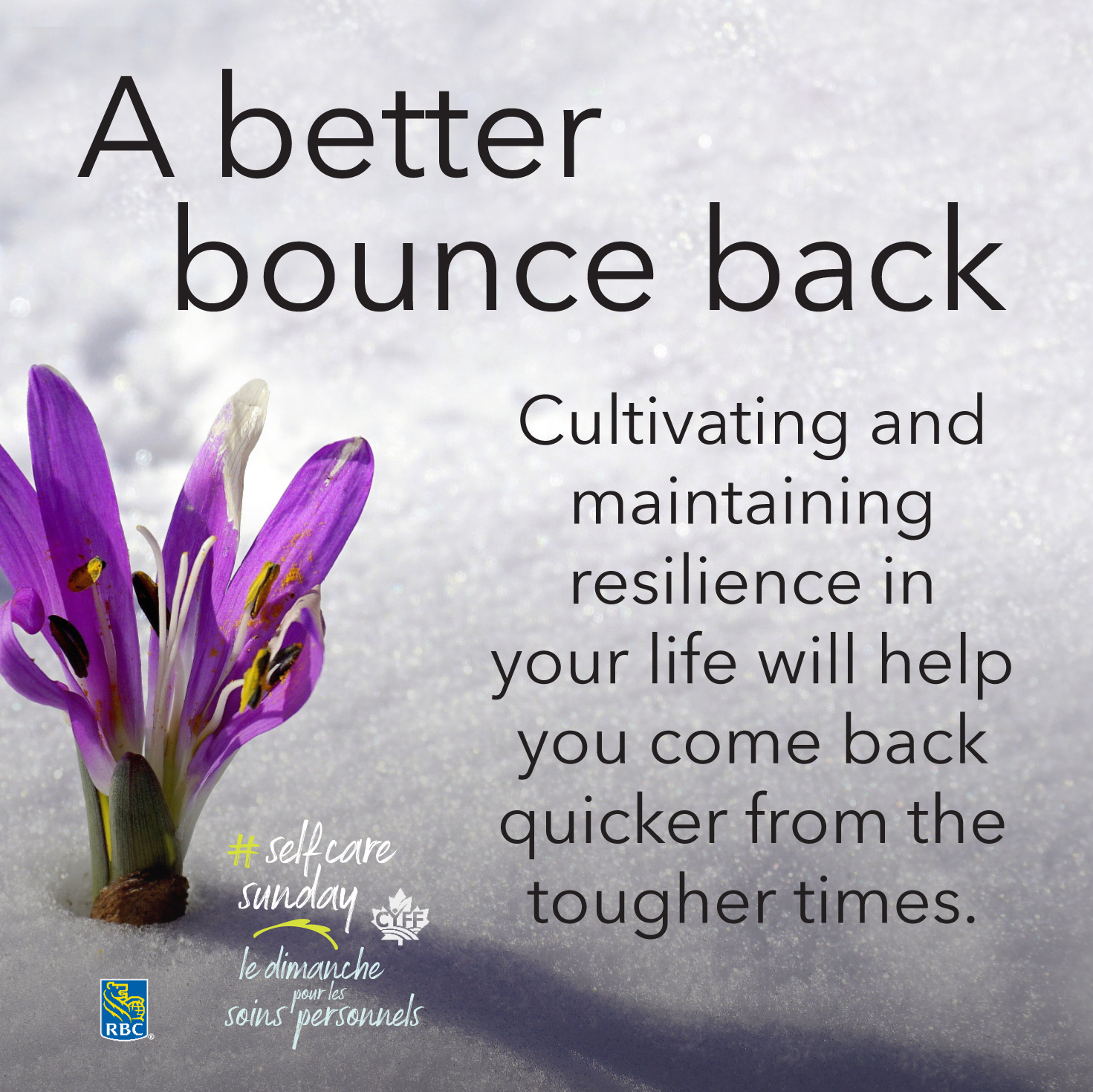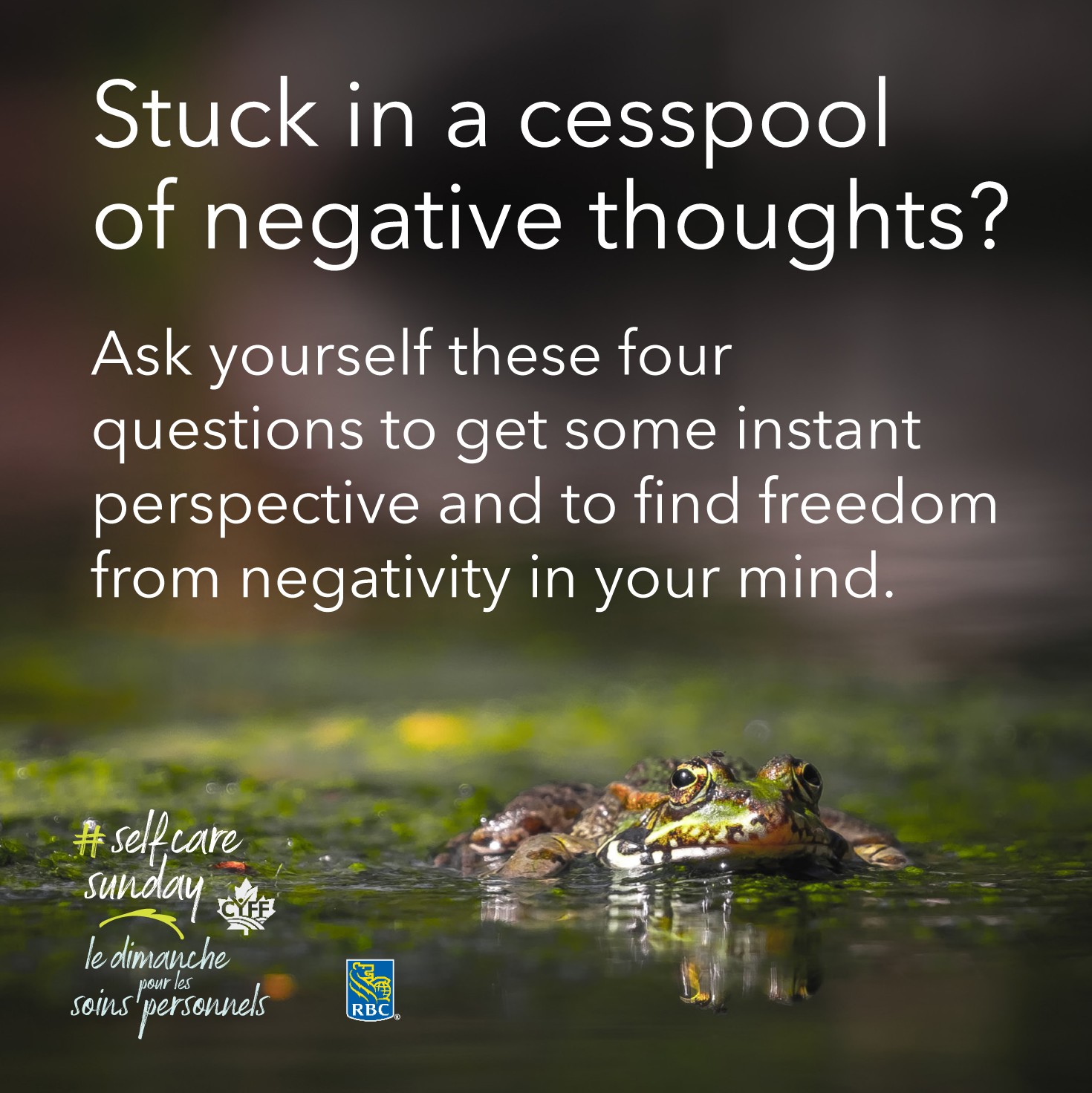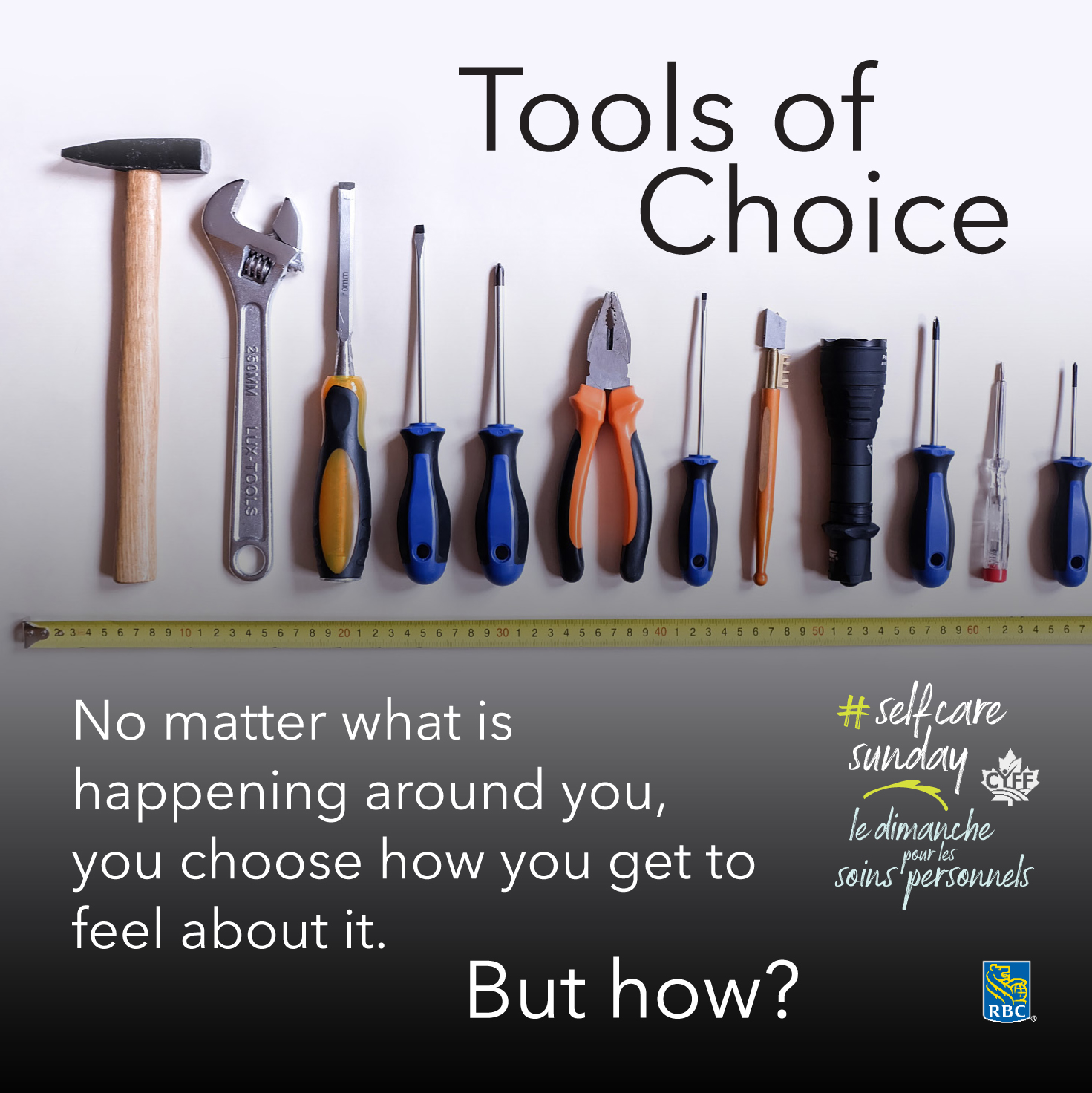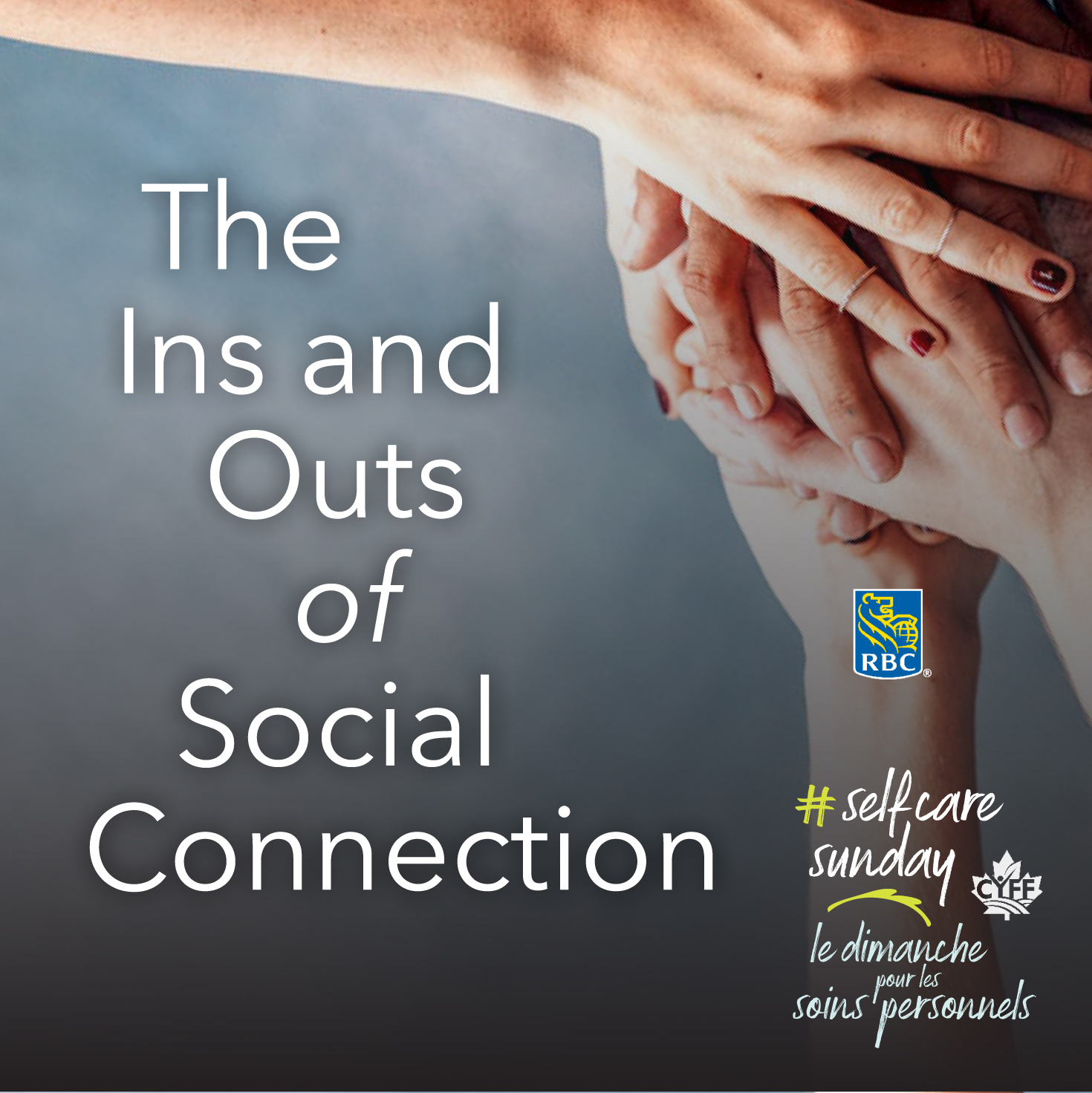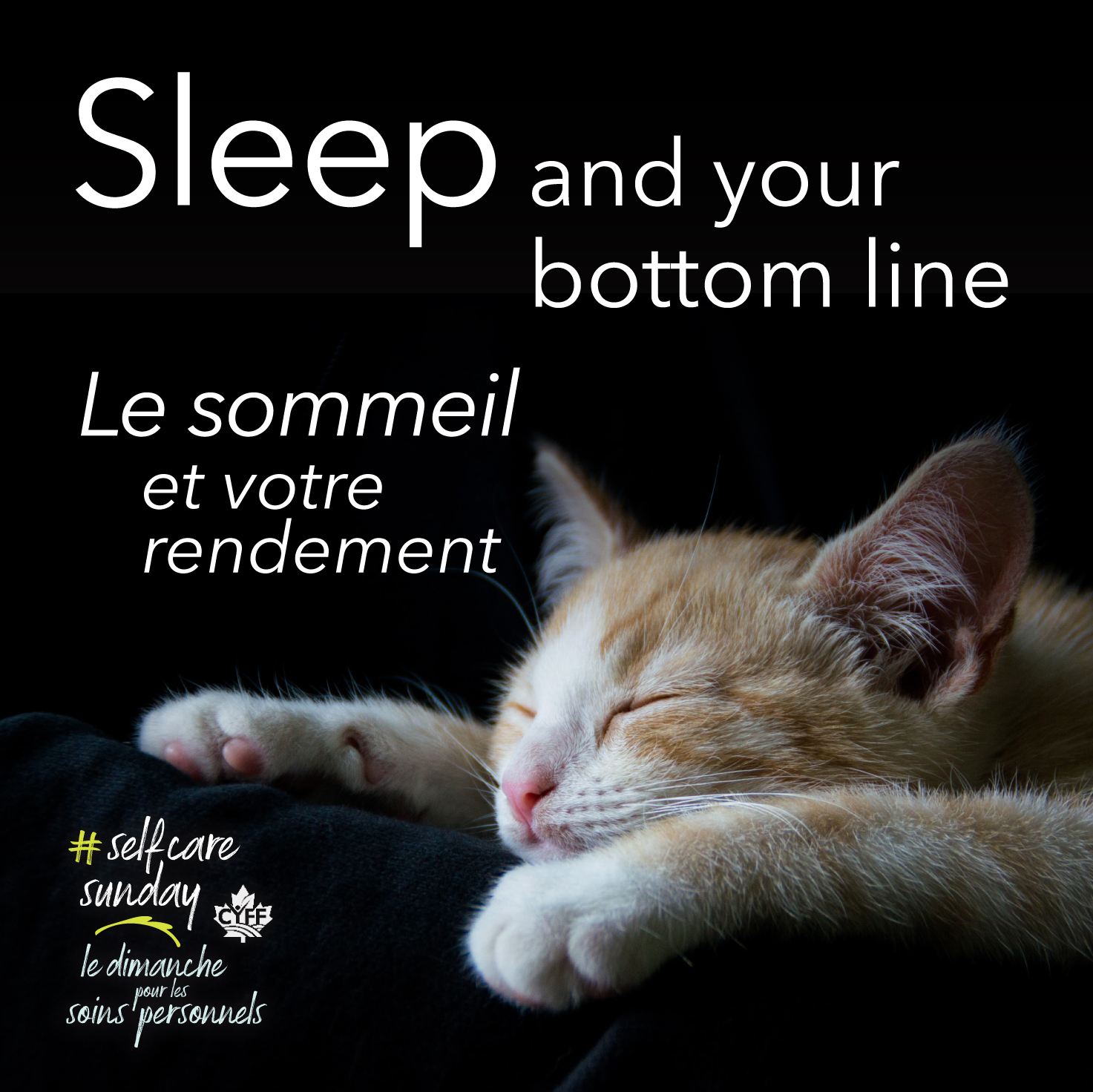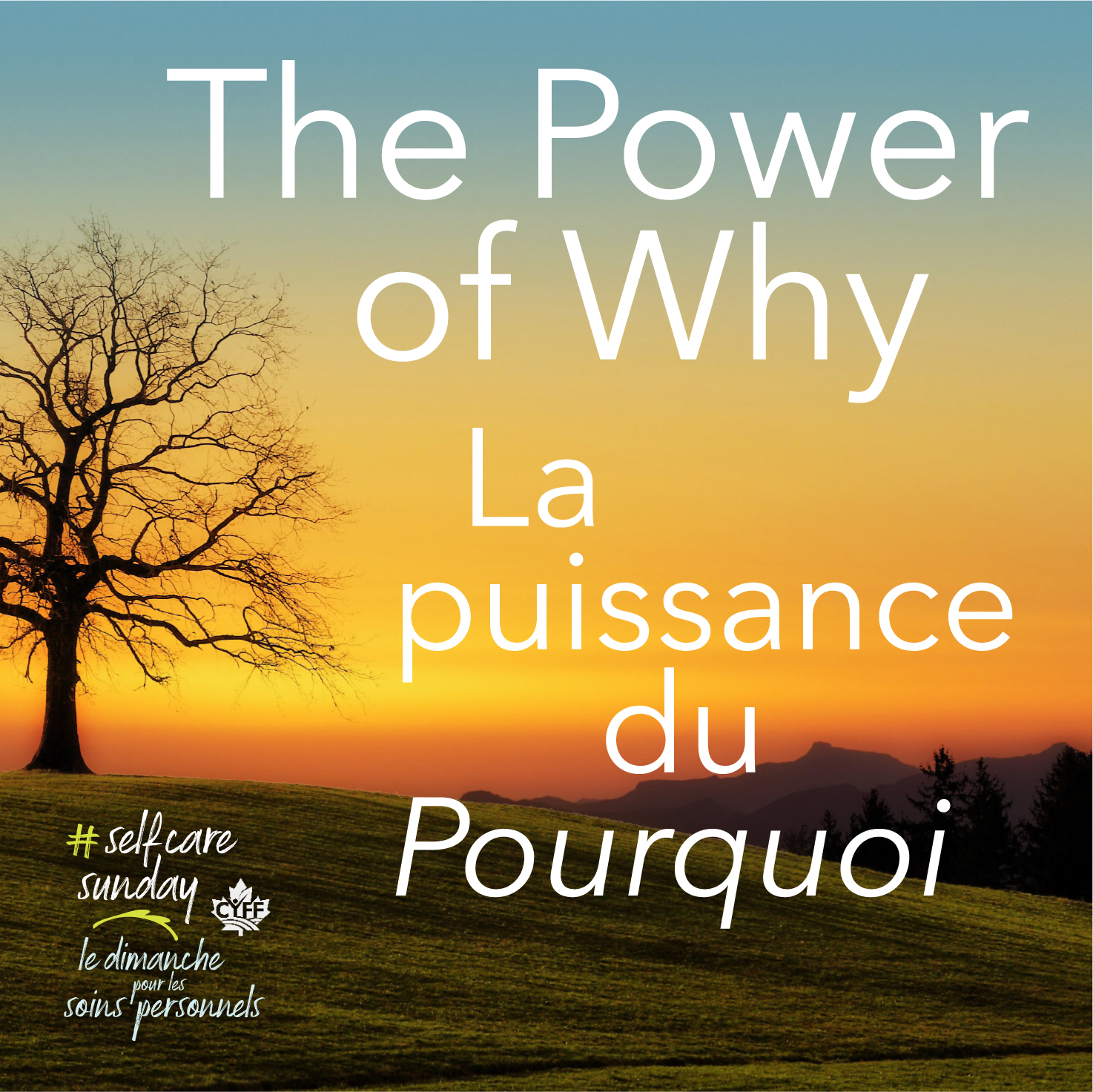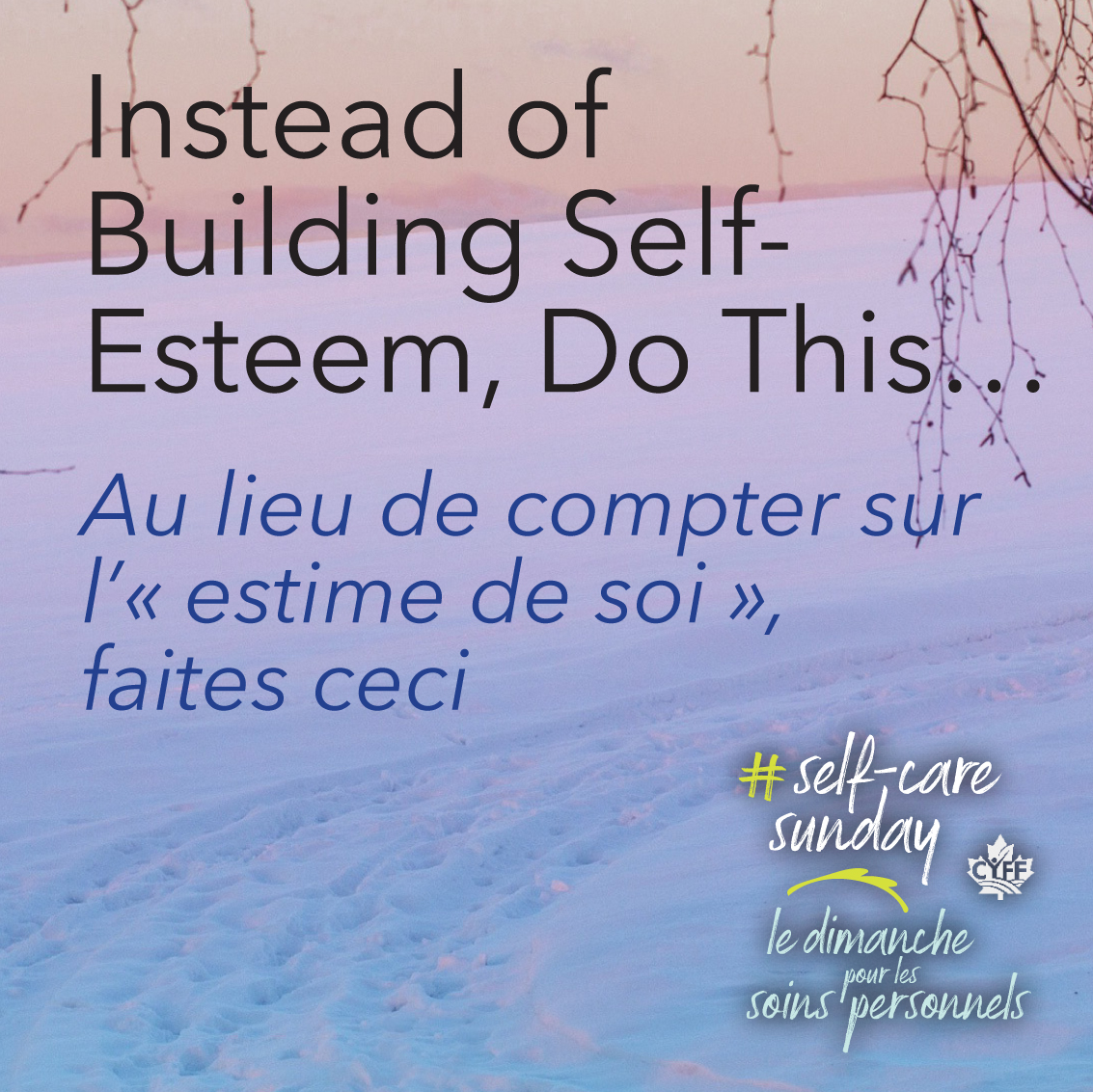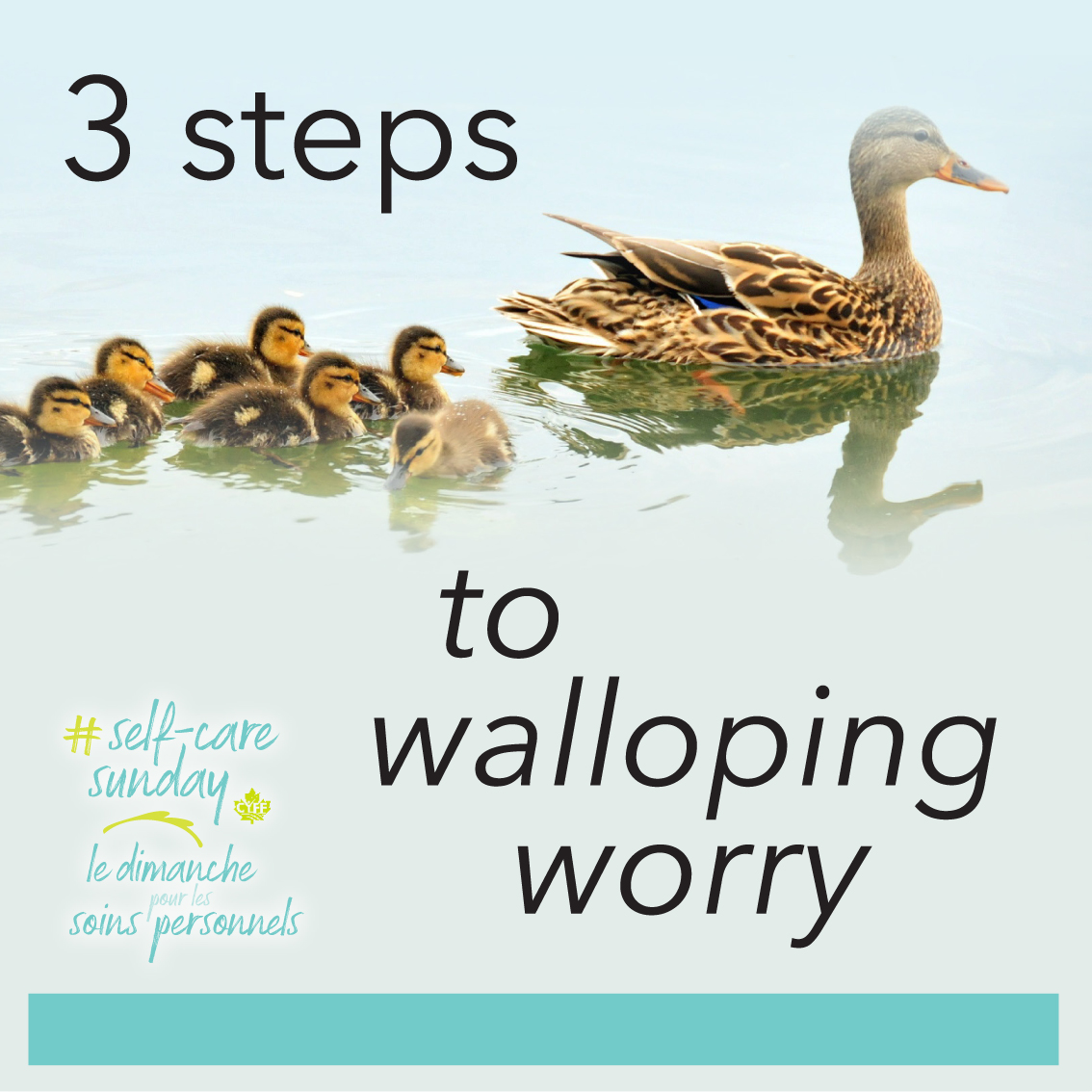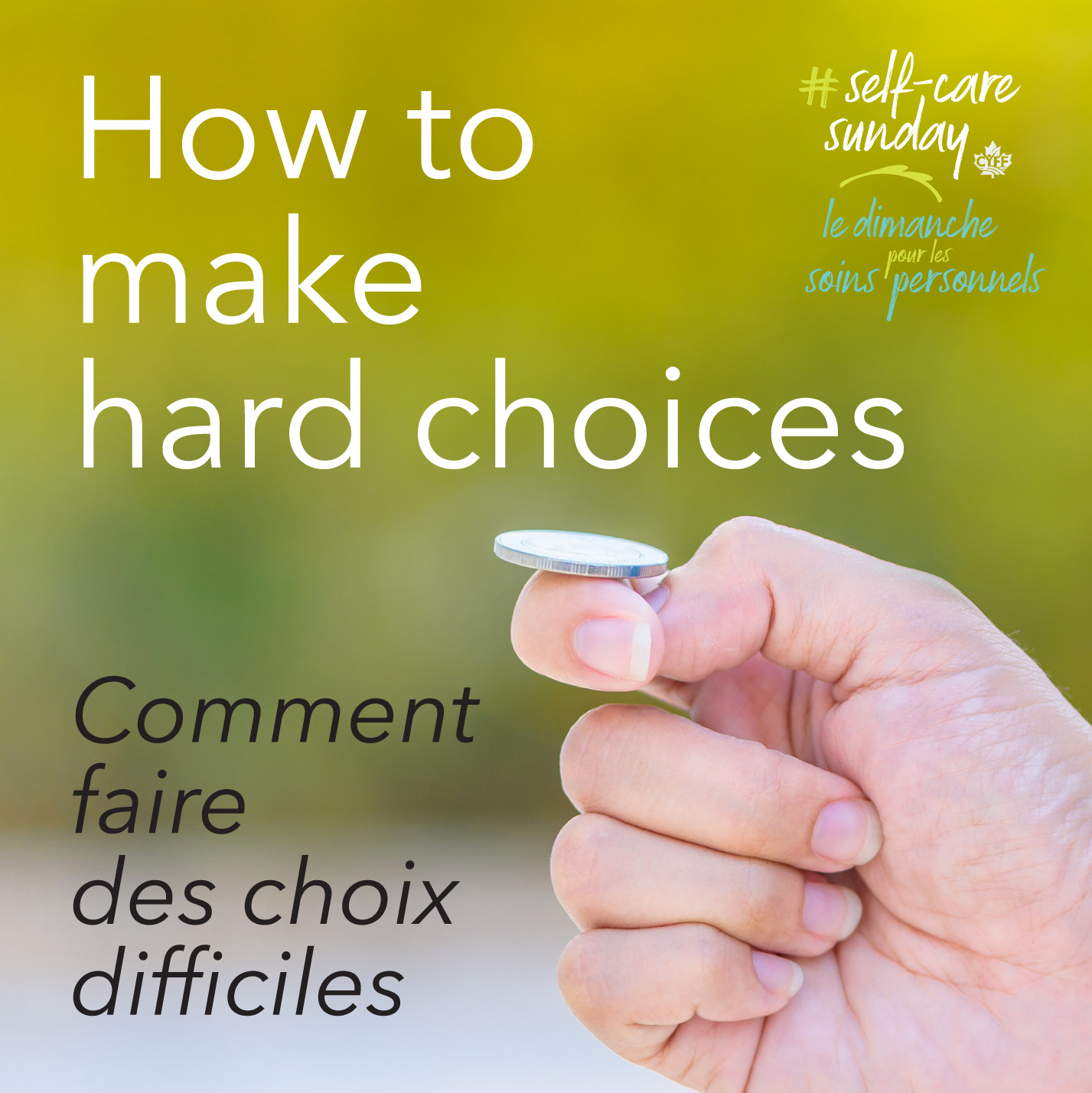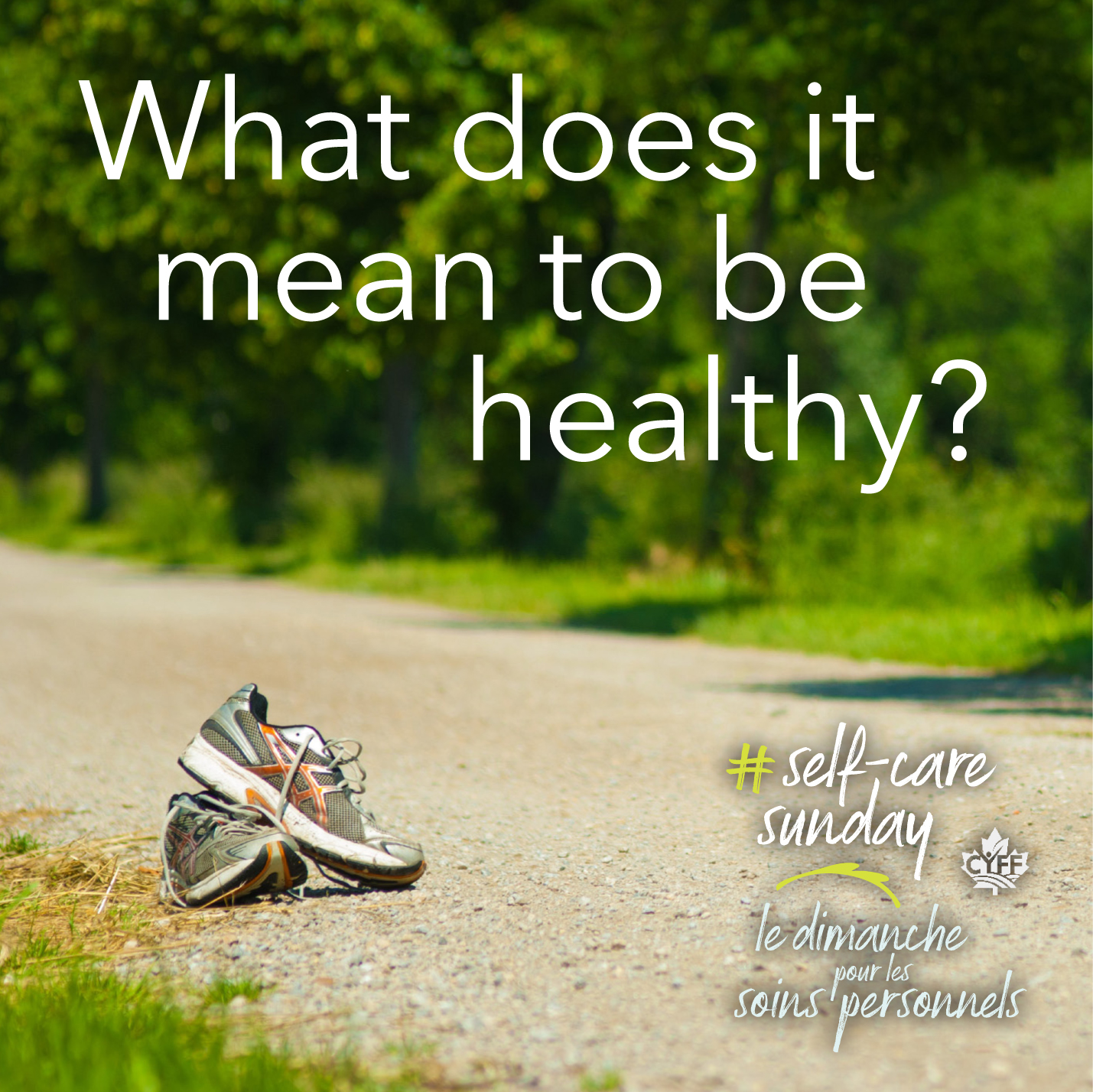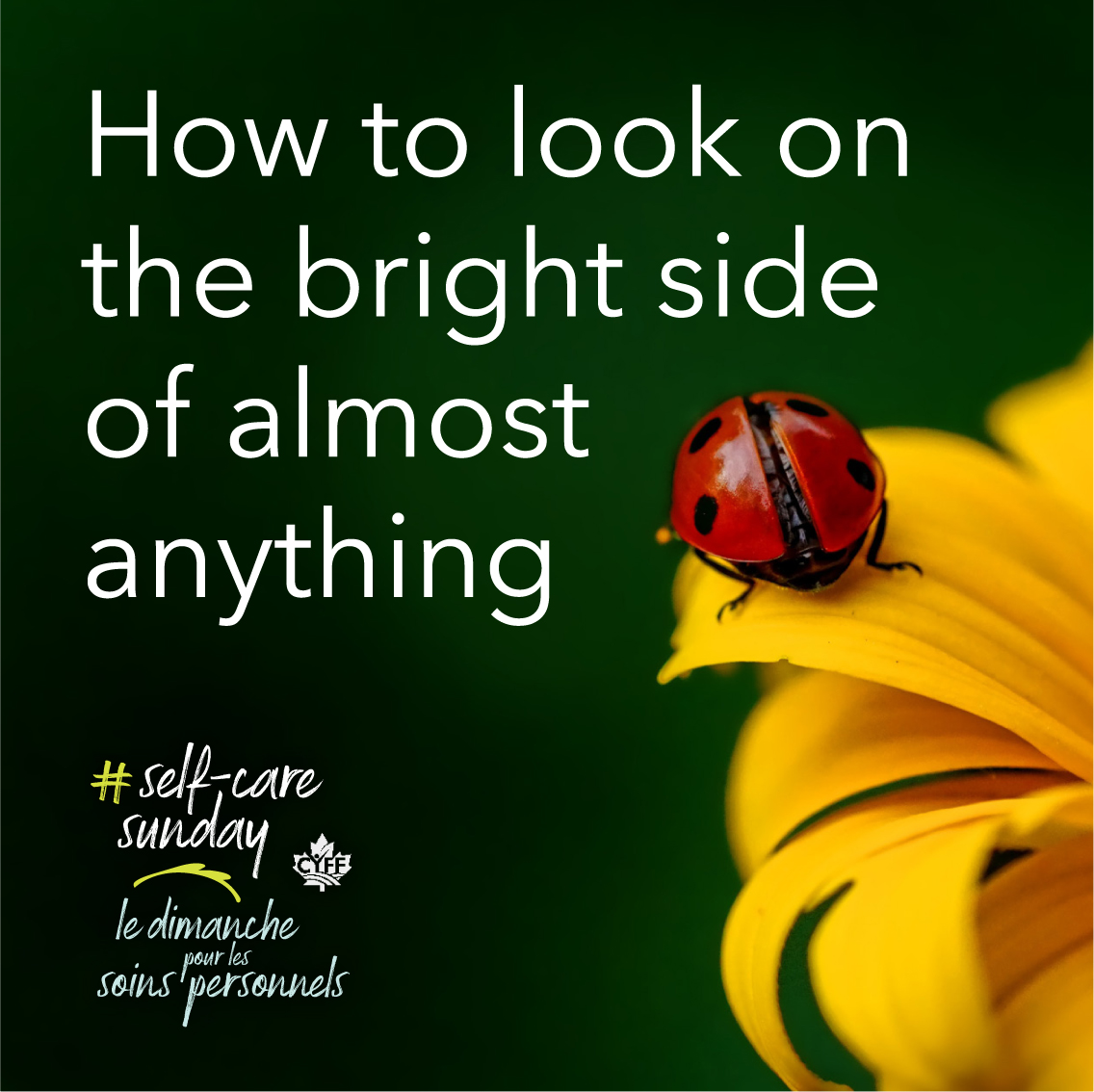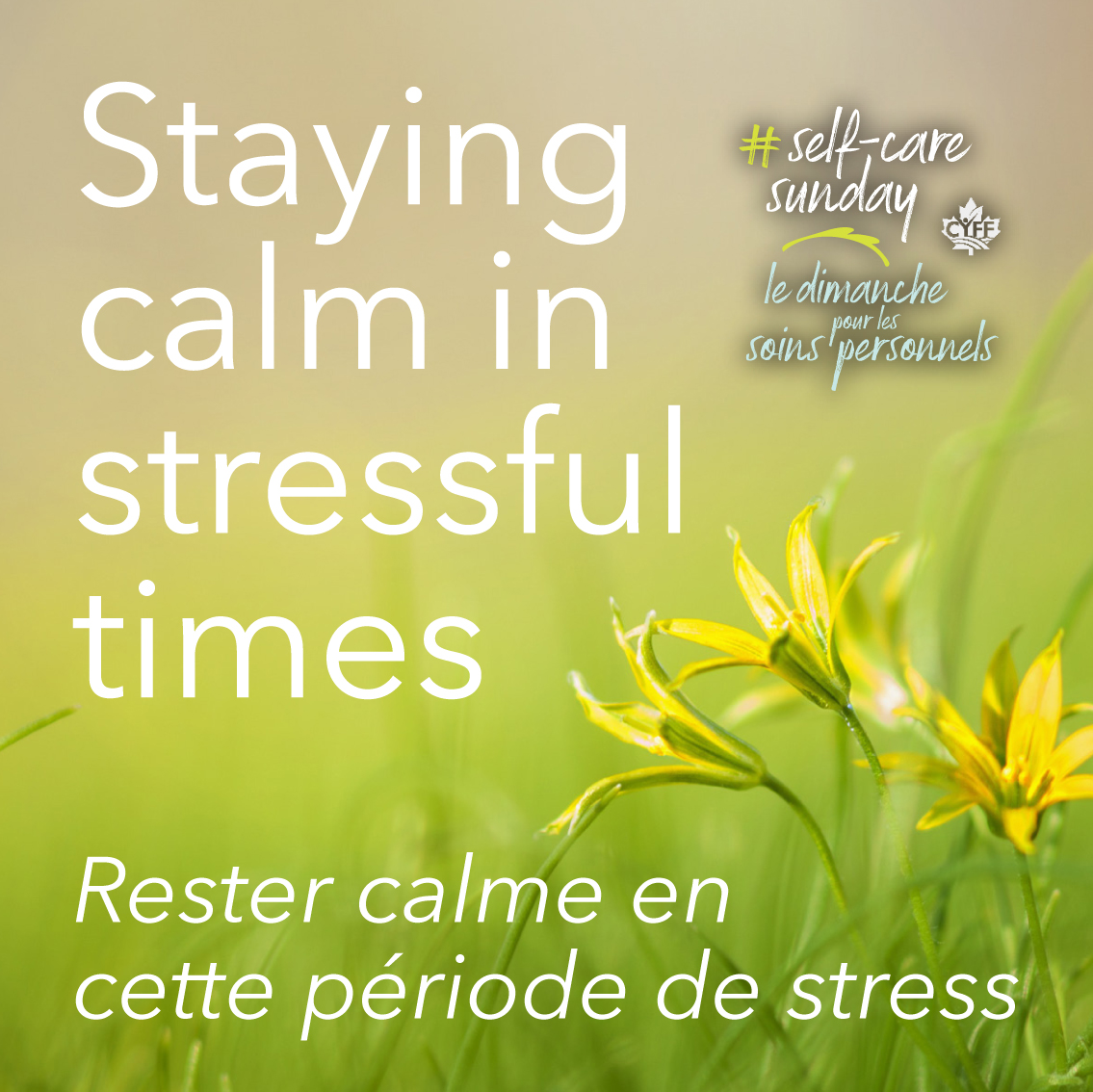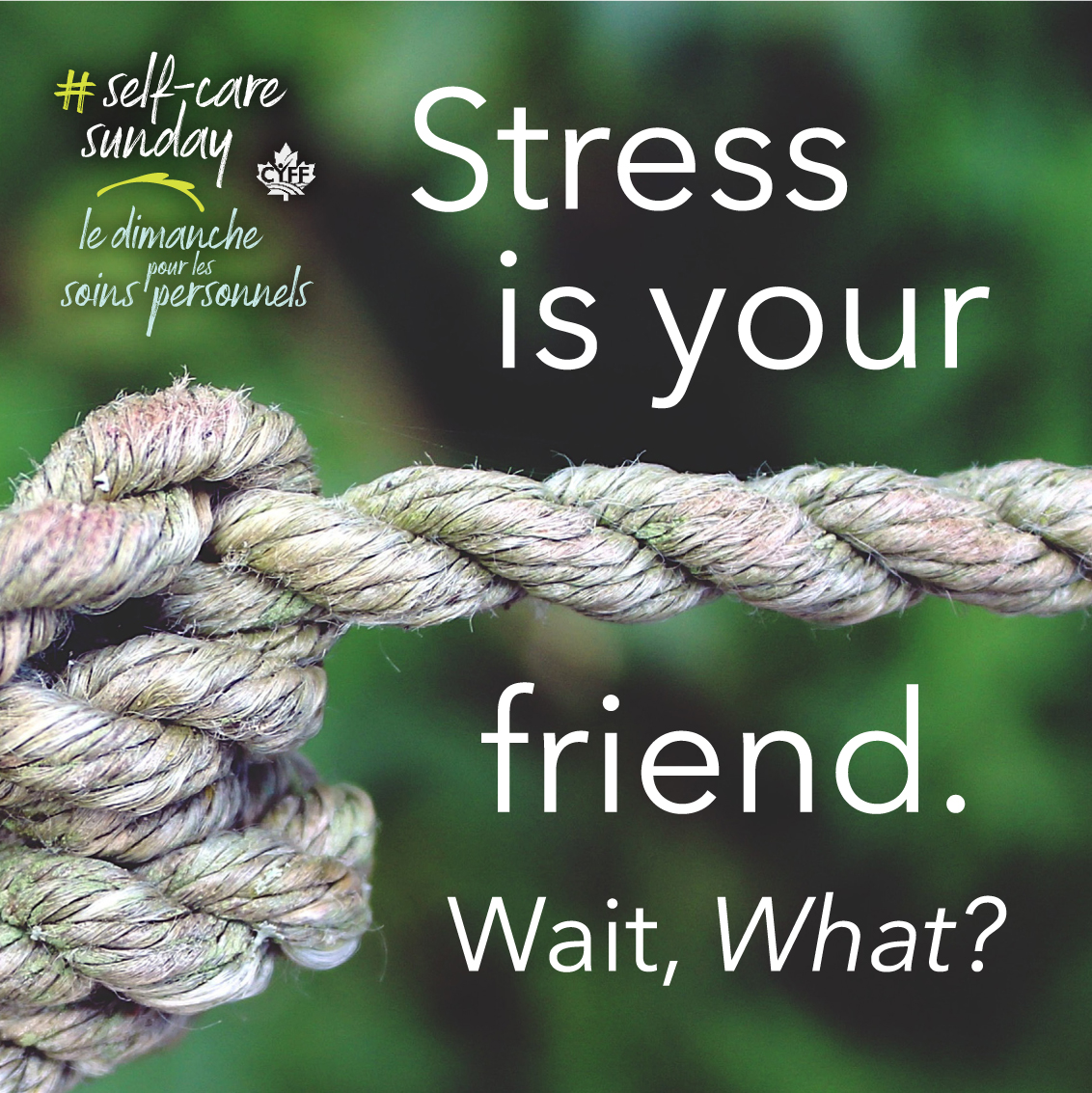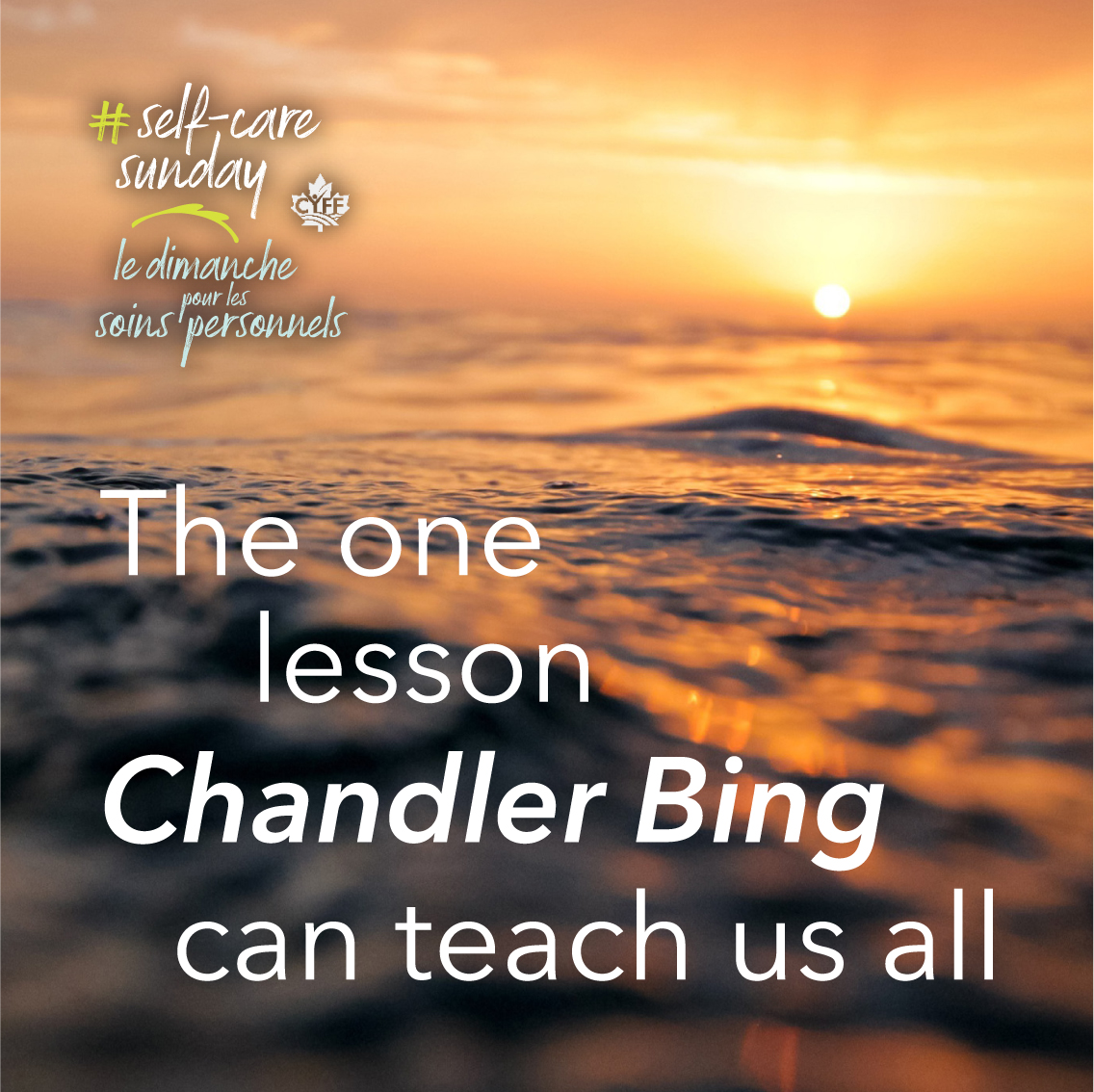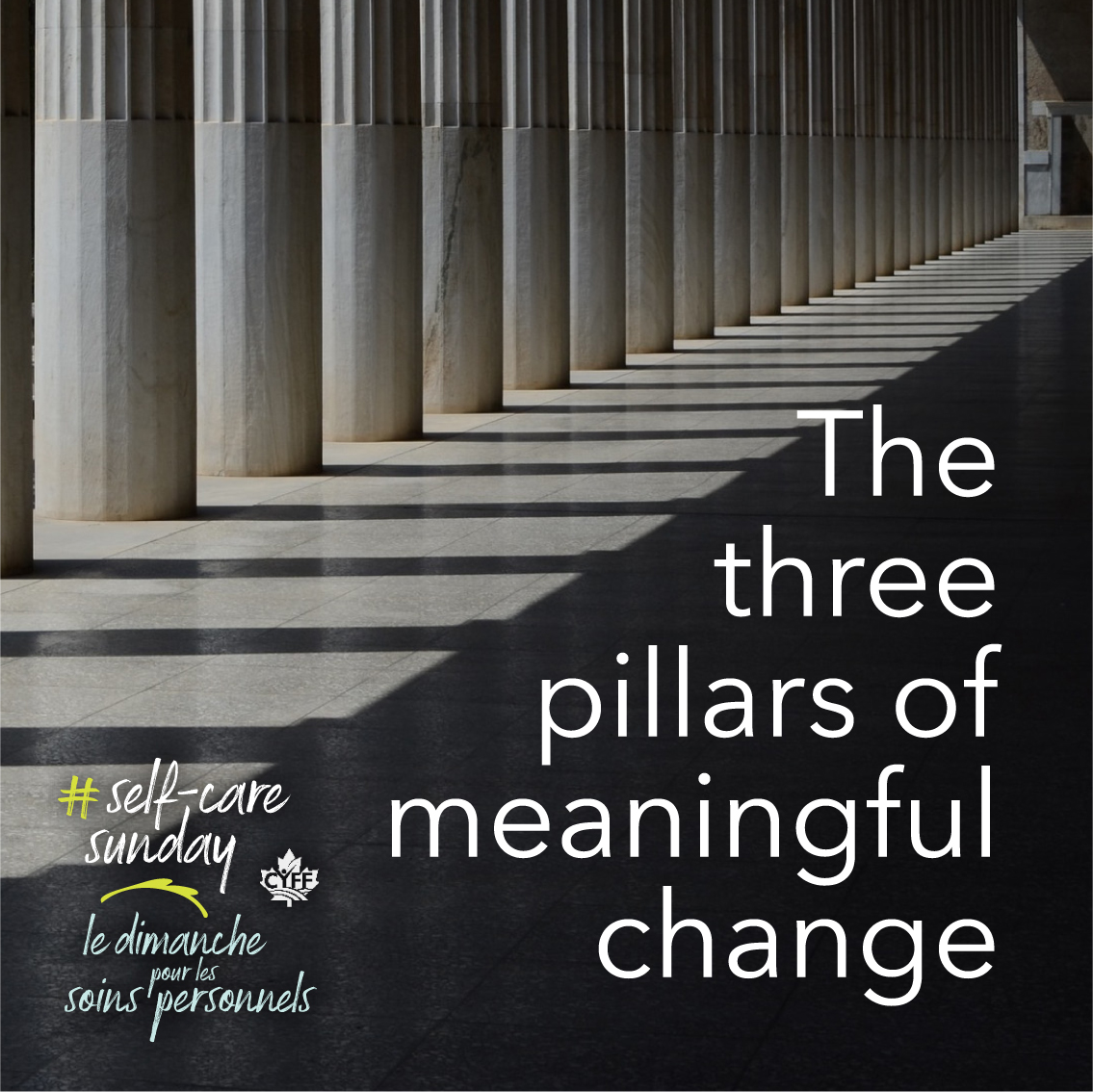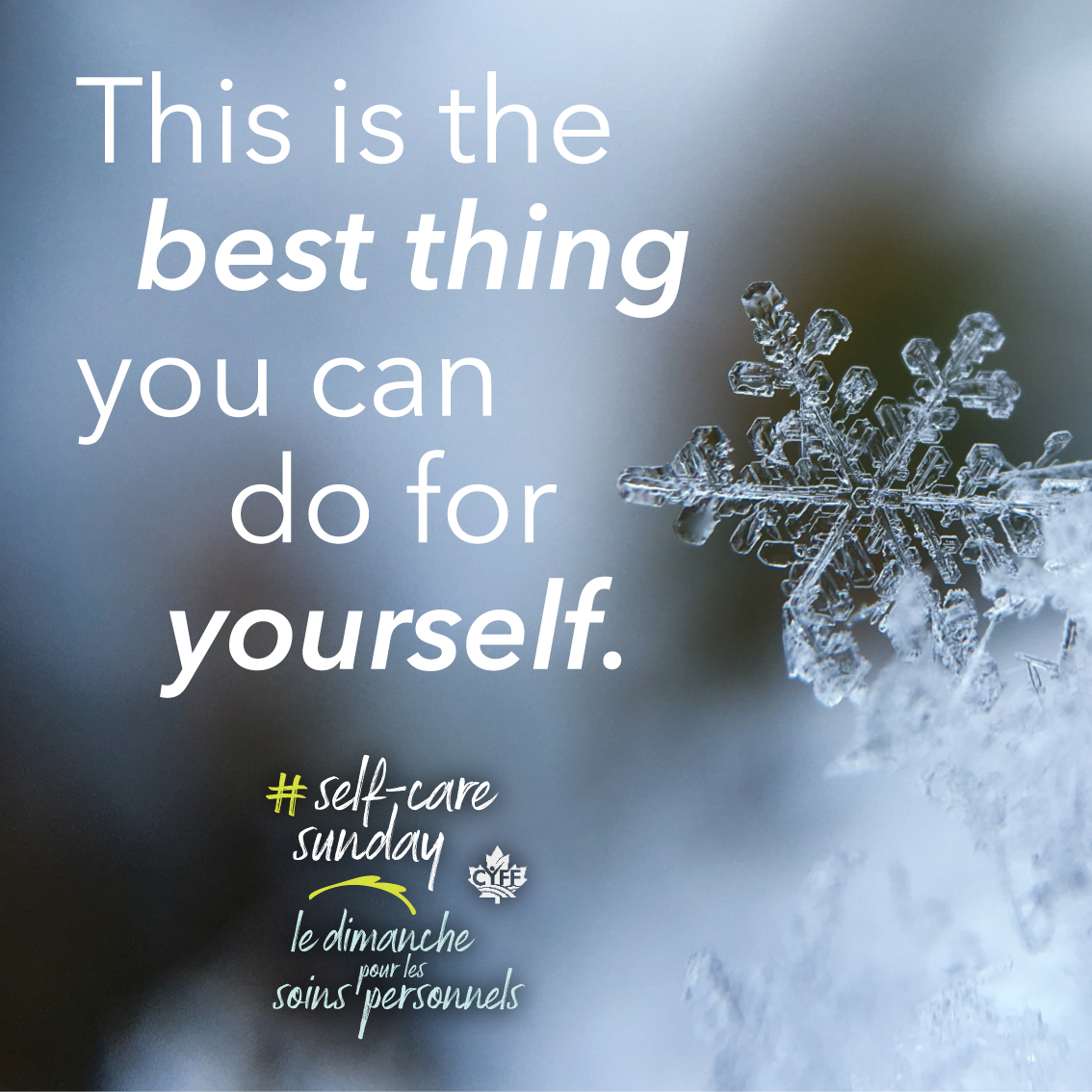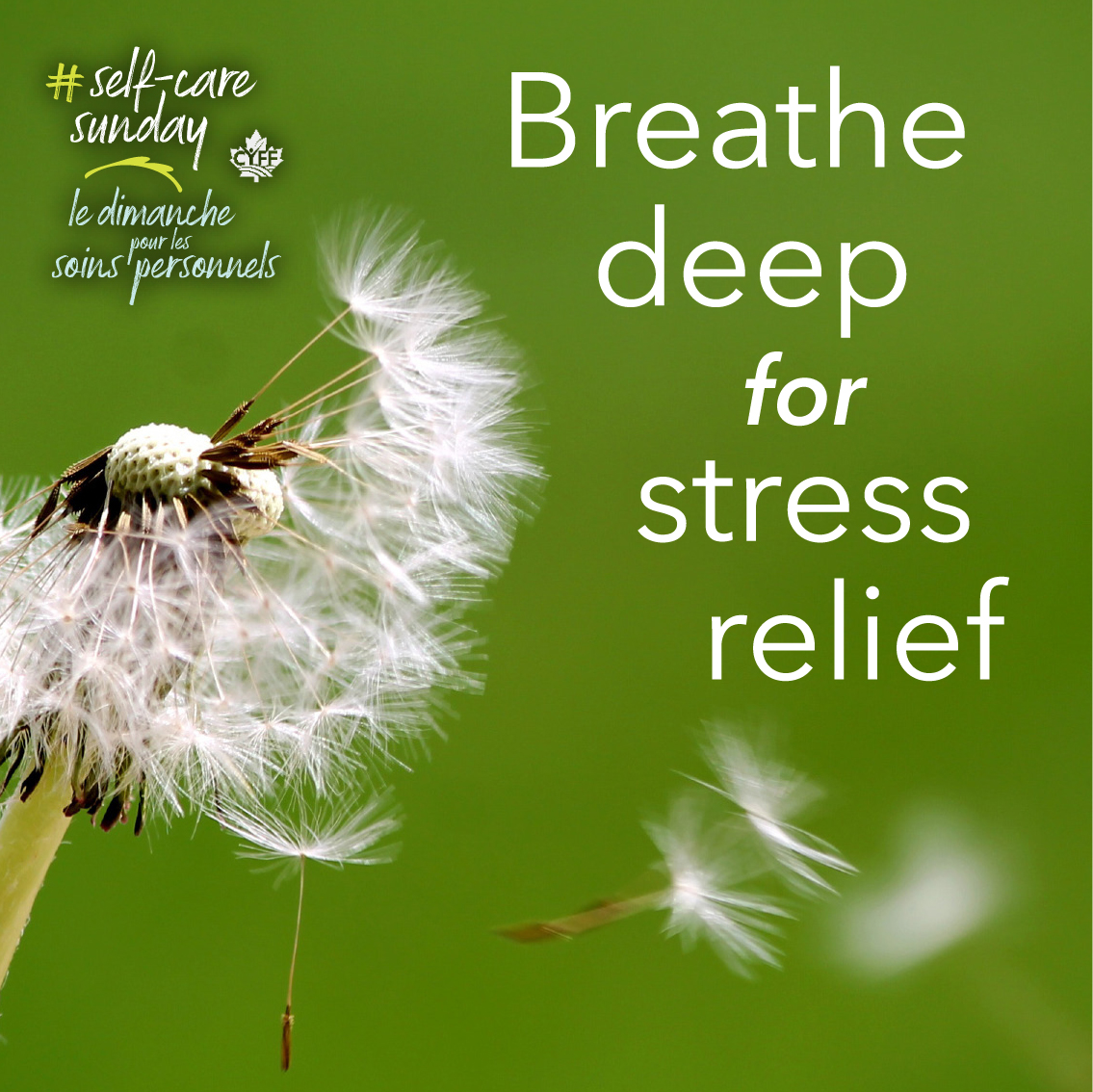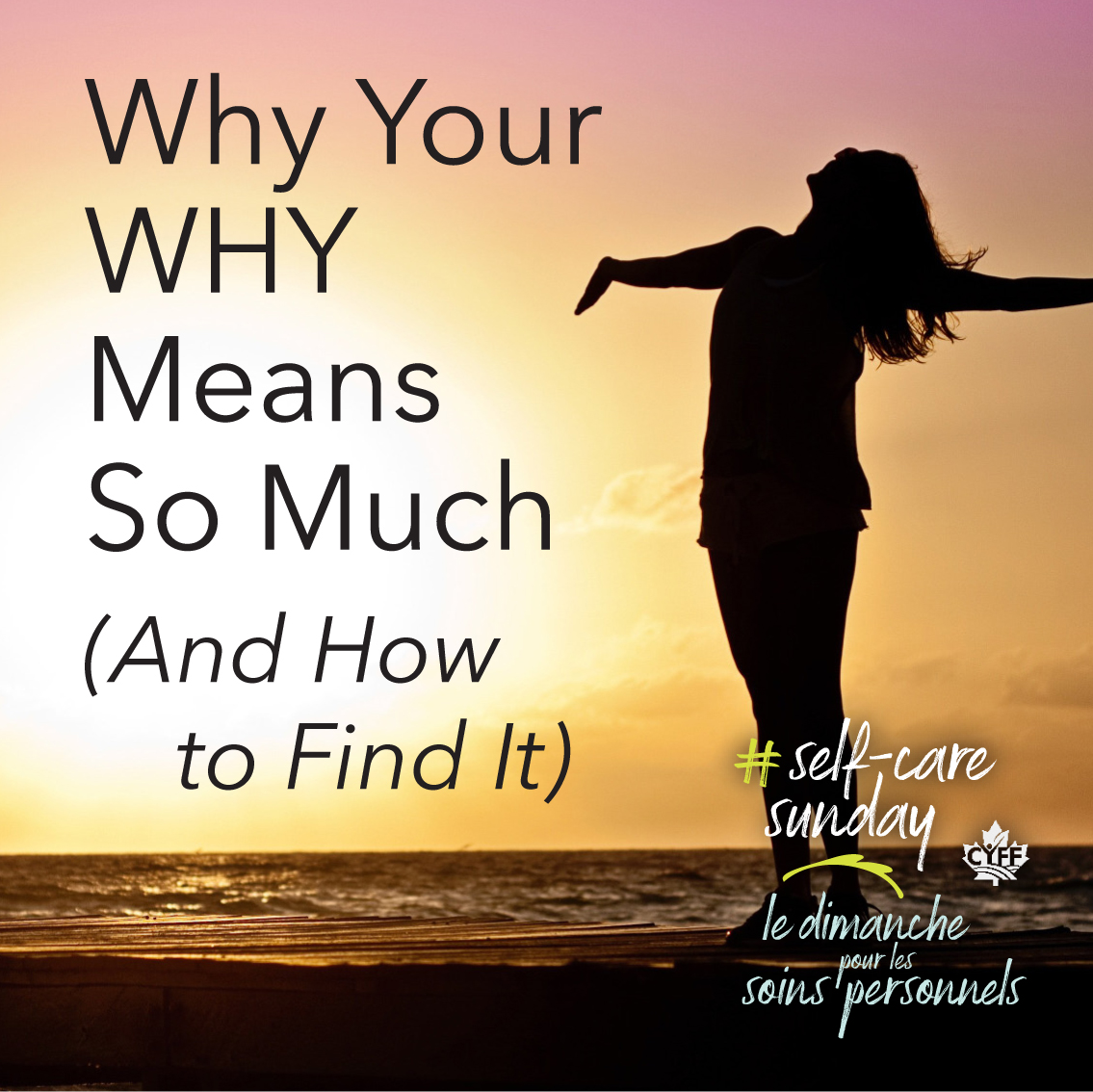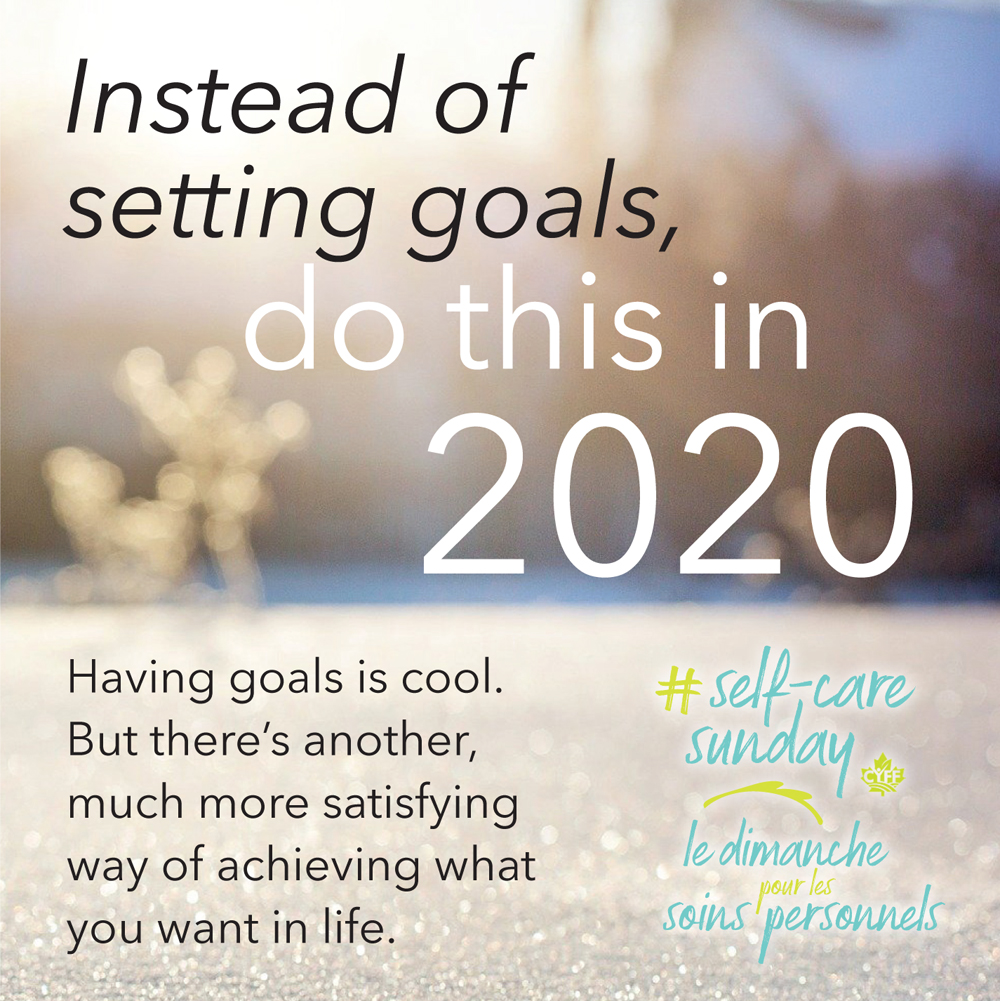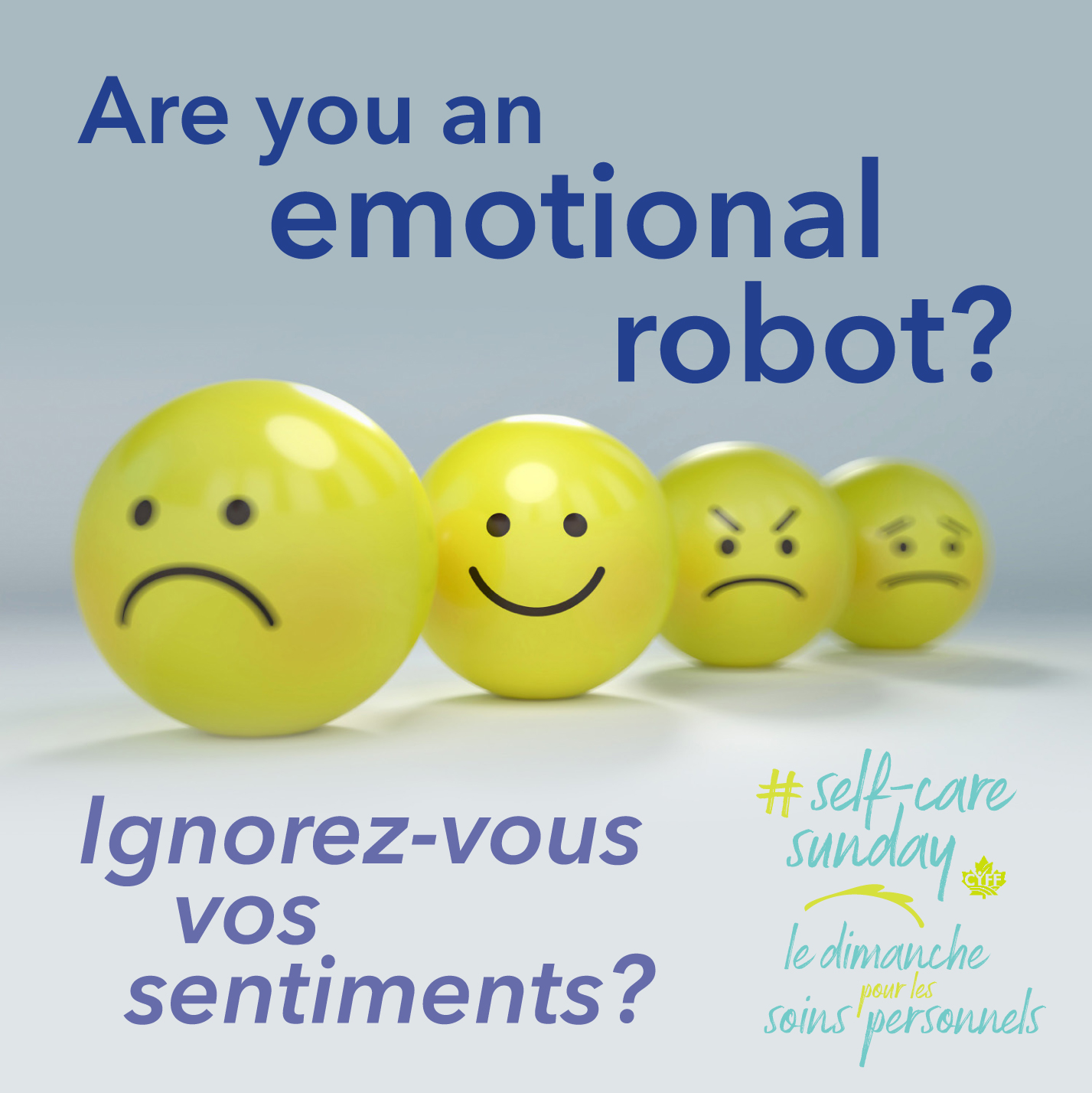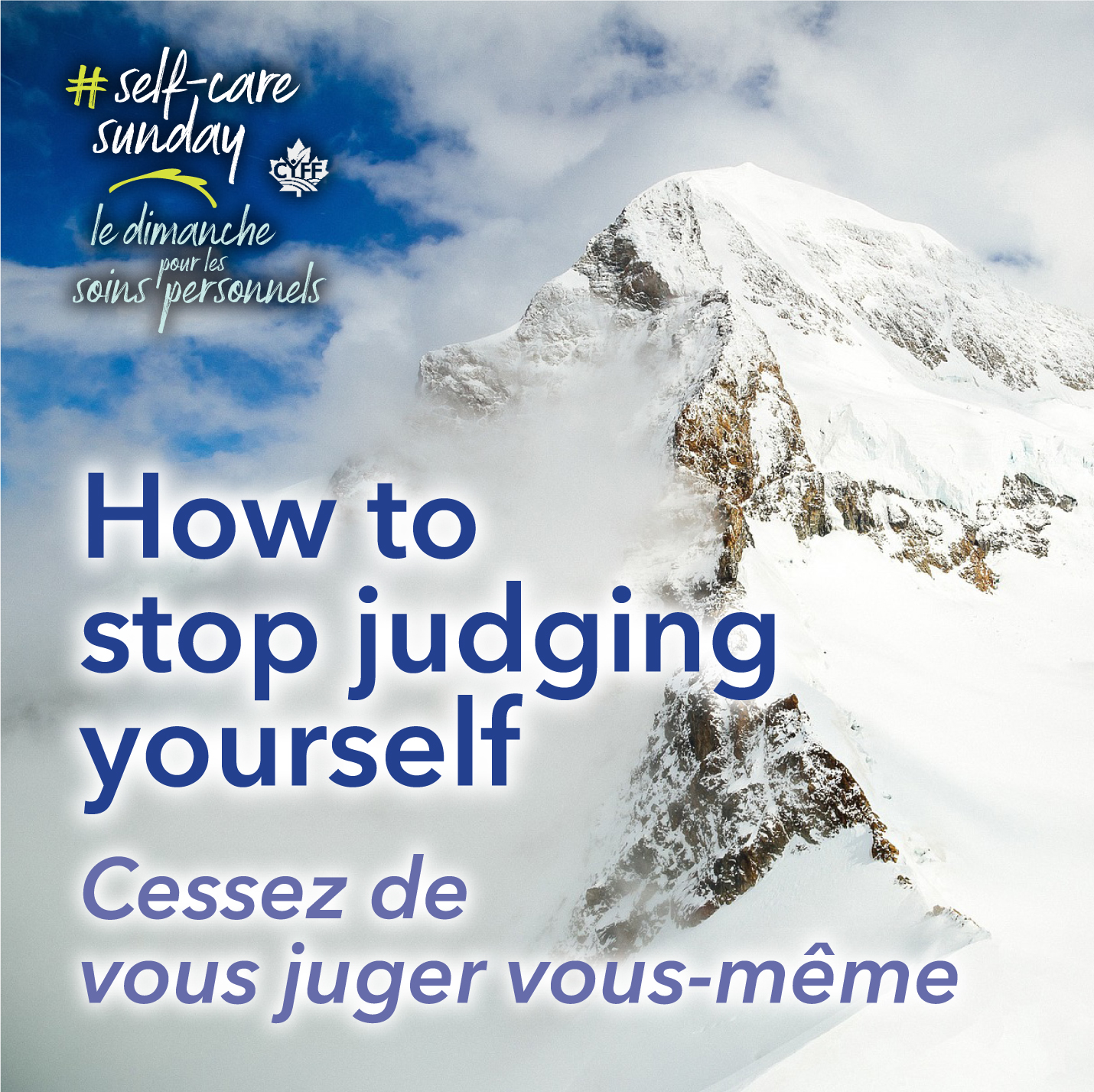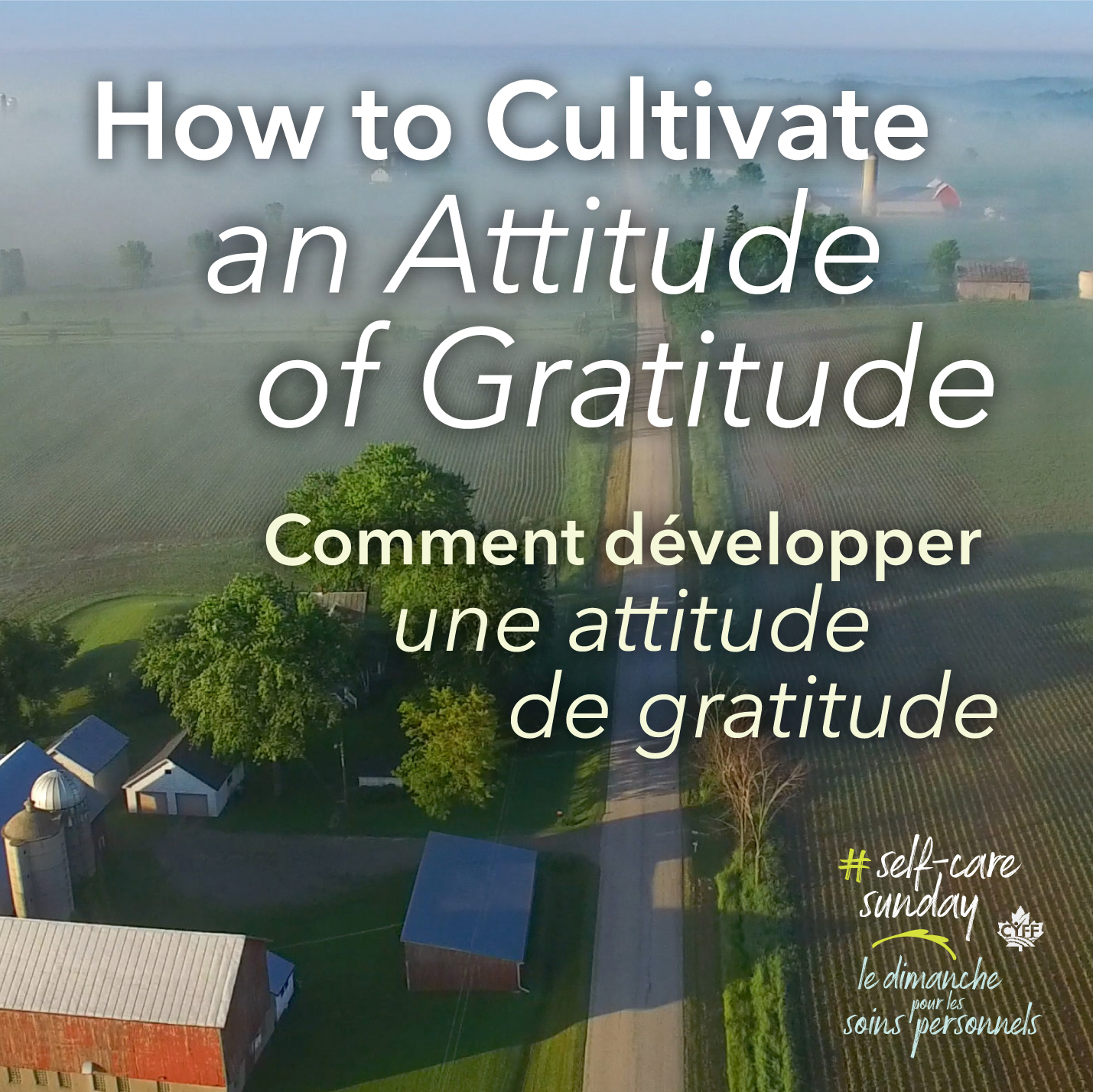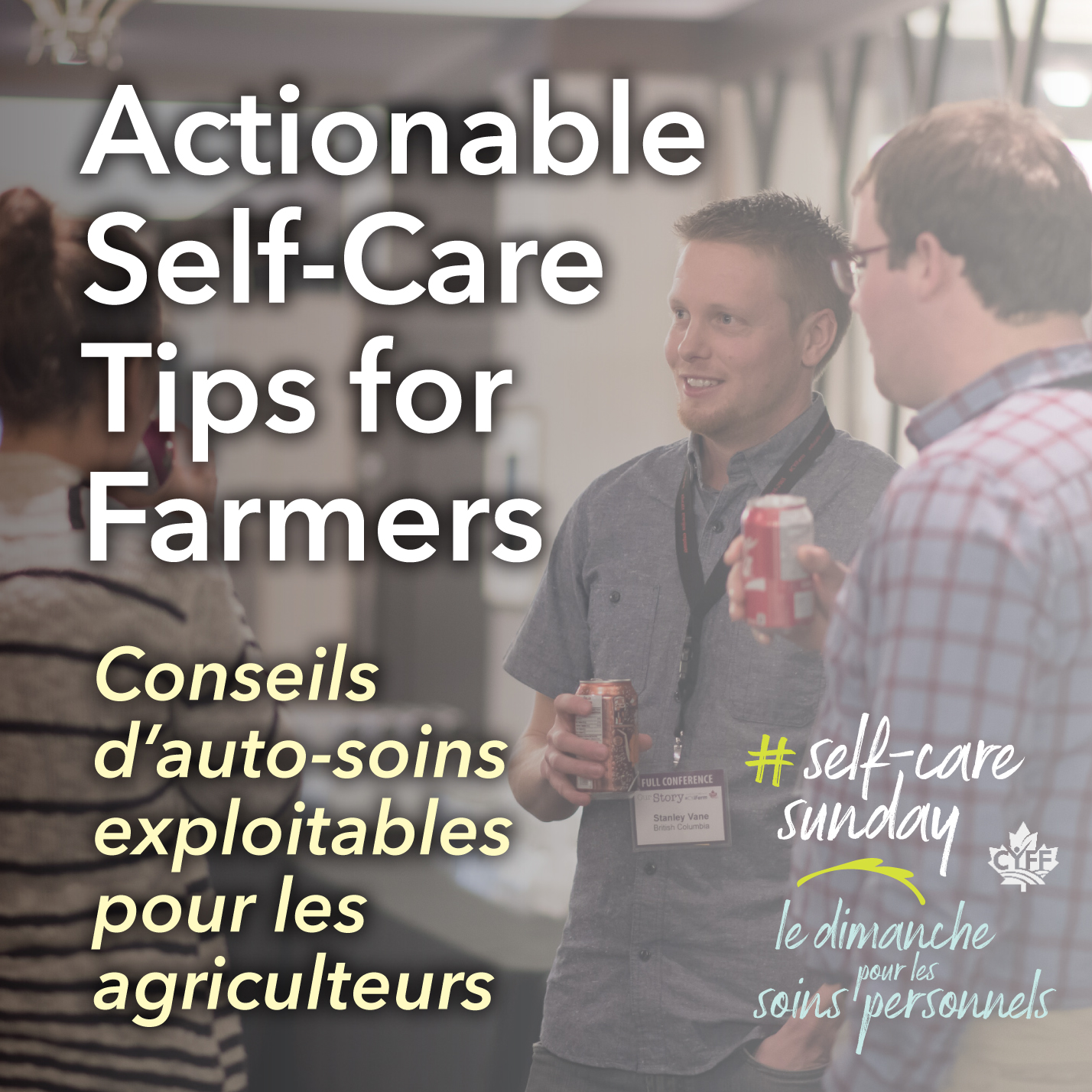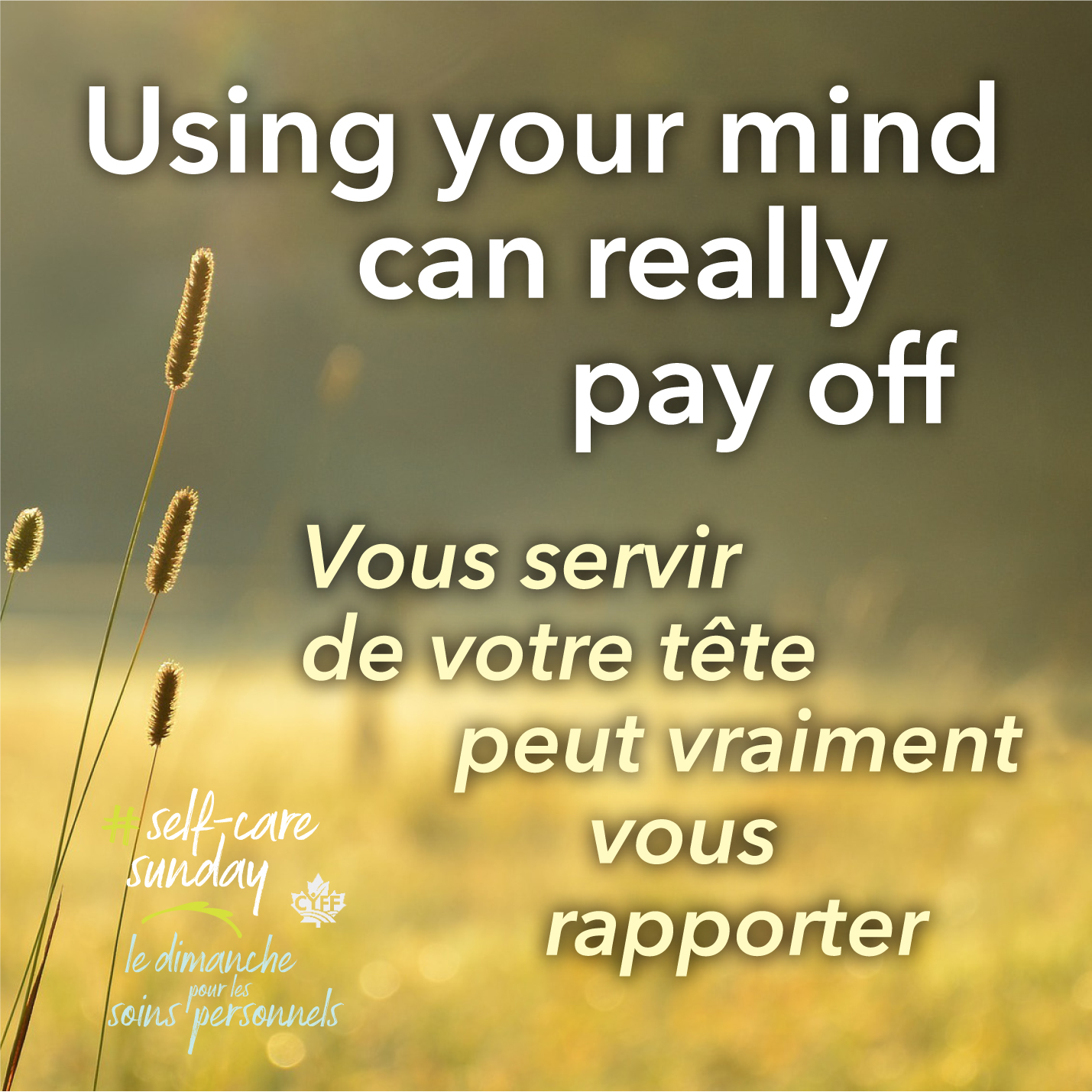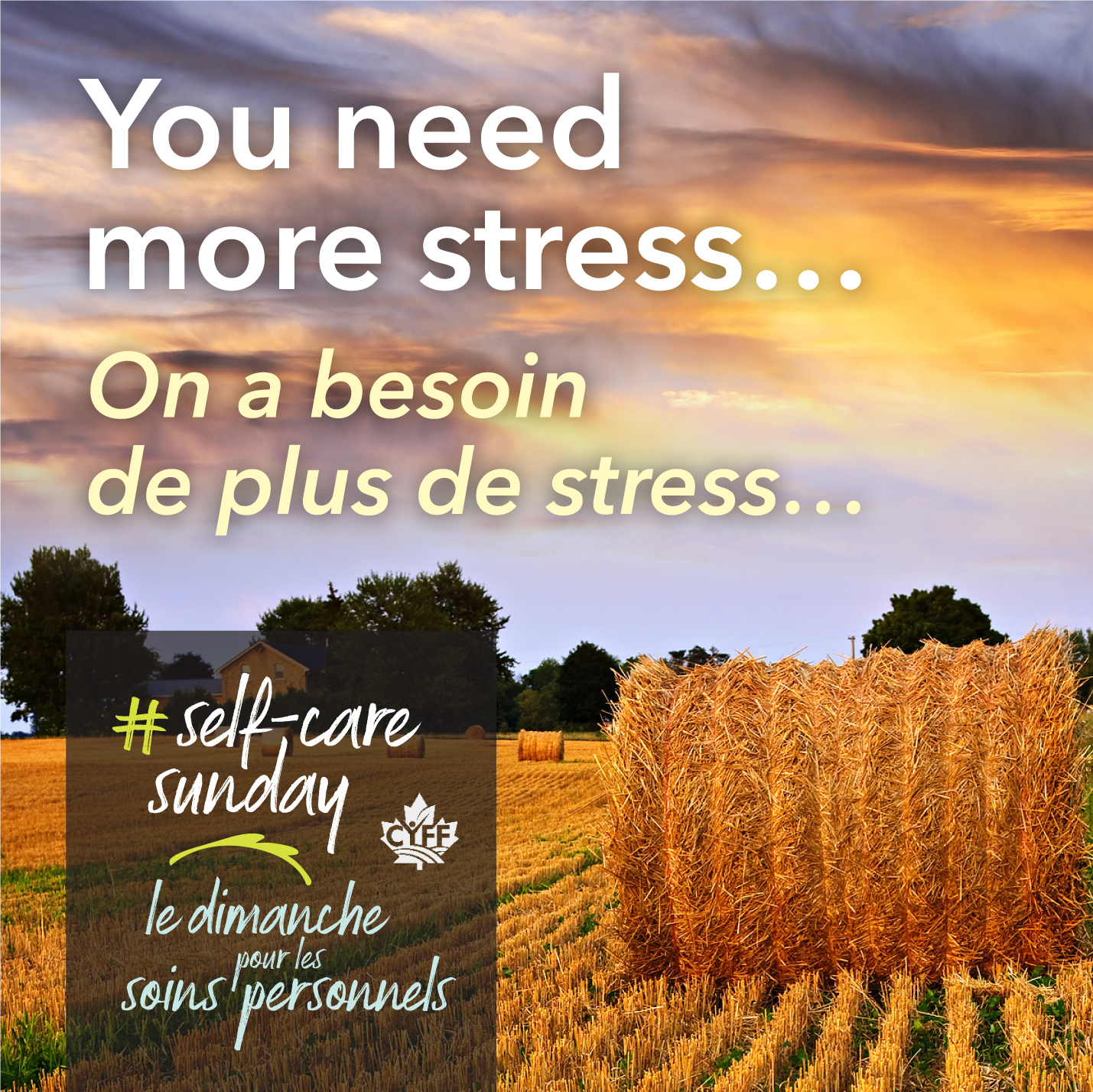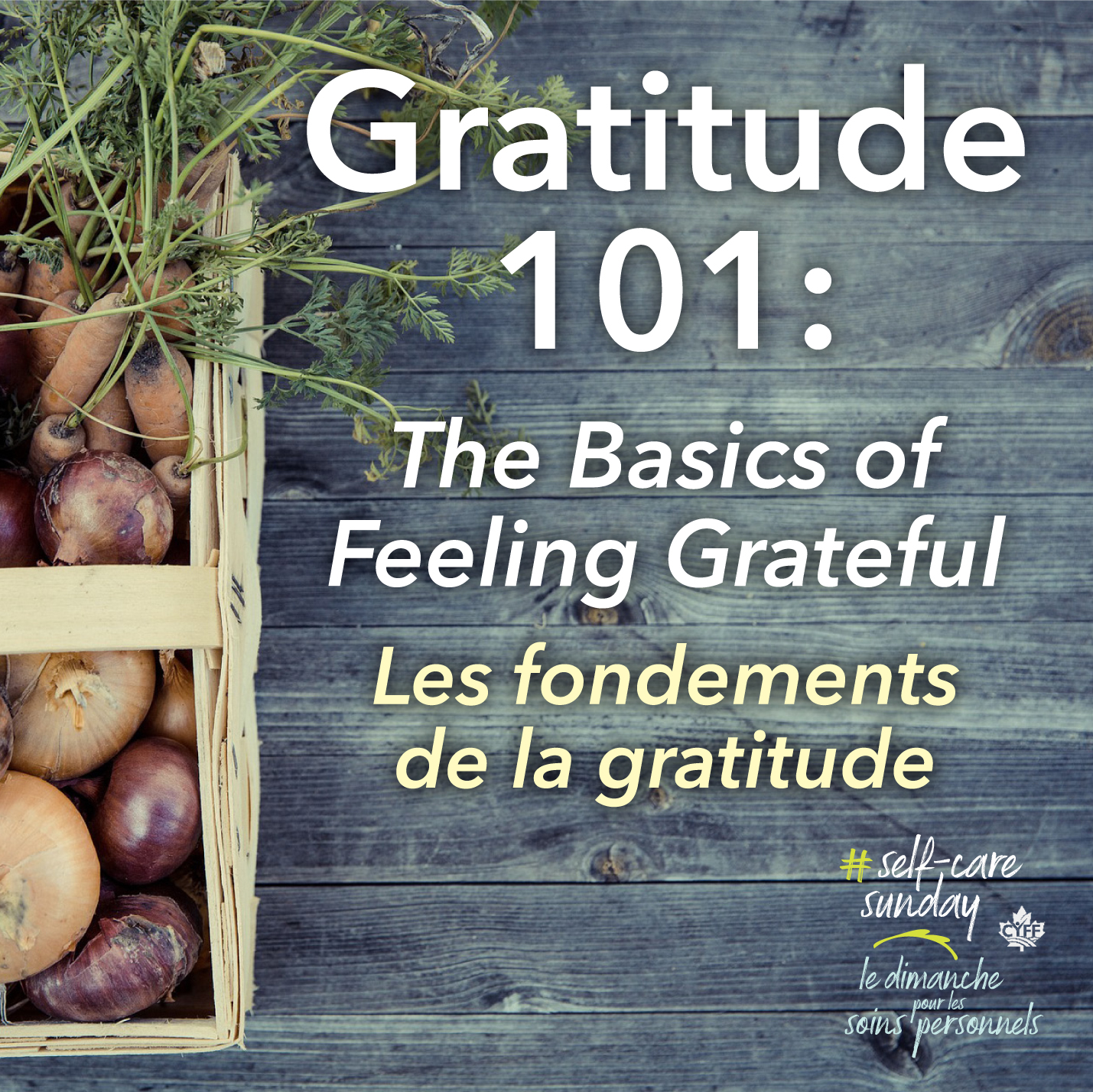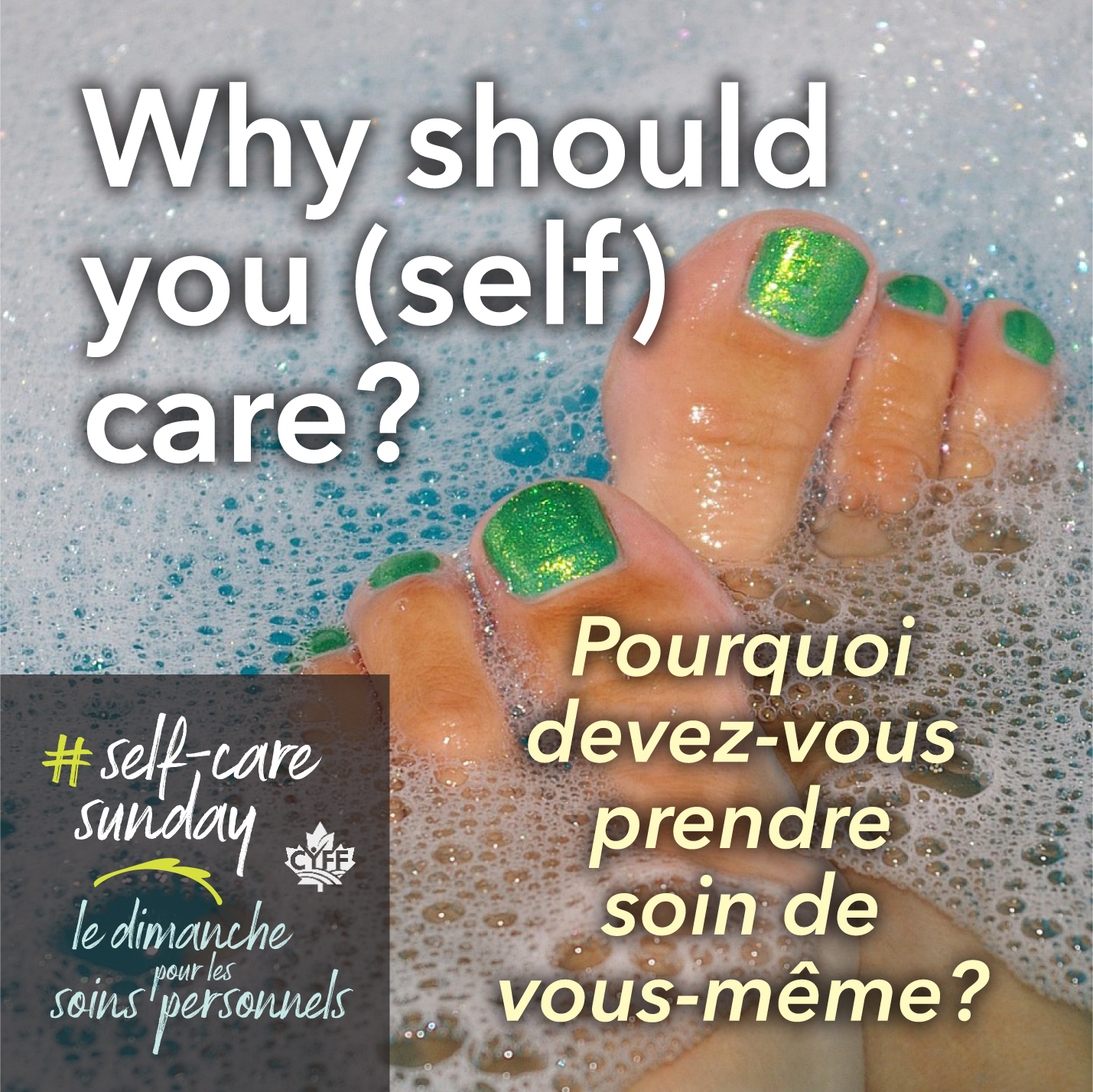
Self-care means ‘the practice of taking an active role in protecting one’s own well-being and happiness, in particular during periods of stress.’
Are you taking care of yourself? Chances are, you could improve your personal self-care practice by leaps and bounds.
The CYFF is here to help you with that.
On this page you’ll find our series of Self Care Sunday articles to help you learn about self-care and how you can begin implementing it into your daily routine.
You’ll also find mental health resources, sorted by province and territory, so you have the details you need to get the help you need when you need it.
We all know that our job as farmers is a tough one. You don’t have to struggle every day or feel like you’re alone. Read, learn and grow as a farmer by taking care of yourself, inside and out. We’re here to show you how.
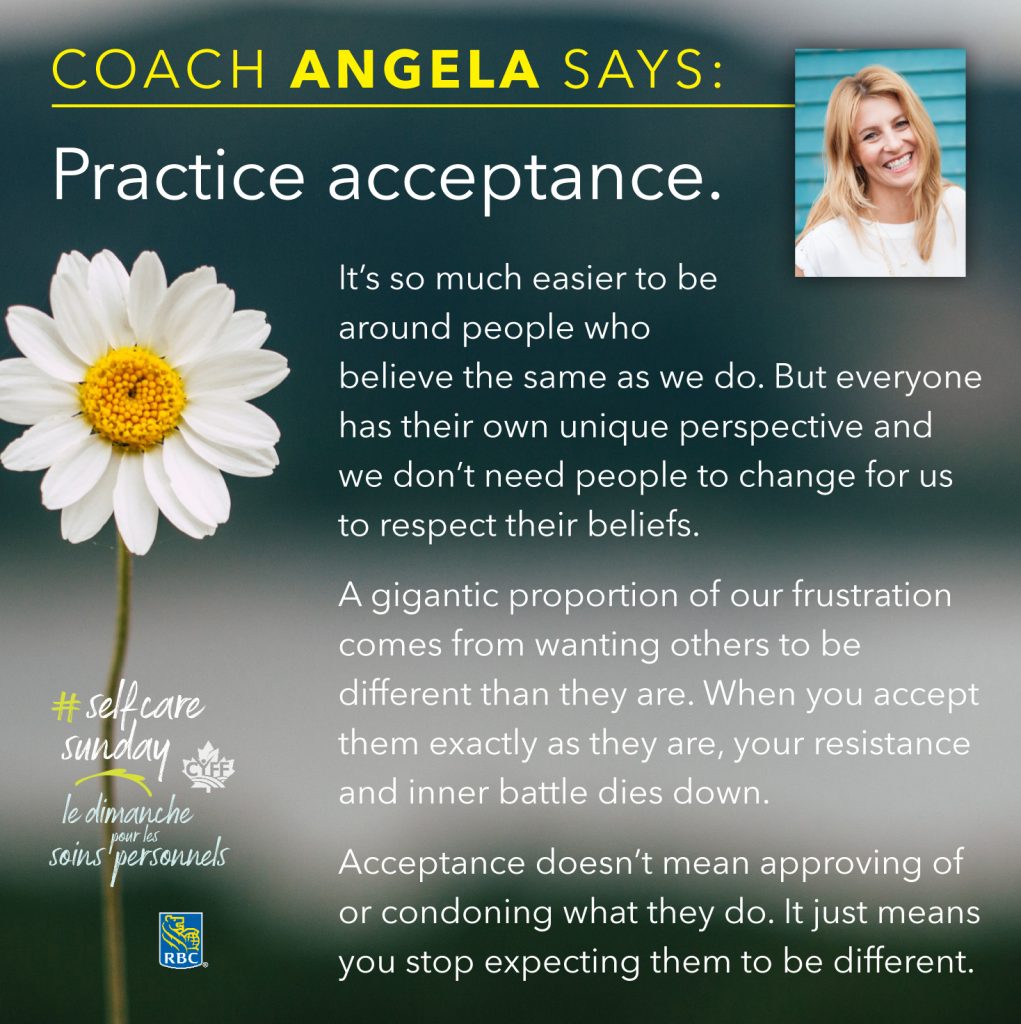
CYFF Mental Health Initiative Sponsor:


BY JESS CAMPBELL

DR. DAVID POSEN
Stress management
Lifestyle Counseling
Psychotherapy
Dr. David Posen was a family physician for 17 years before devoting his time exclusively to stress management, lifestyle counseling and psychotherapy in 1985. As both a keynote speaker and seminar presenter, David has spoken widely to education, government, business and professional groups across North America. David is the best-selling author of five books: ALWAYS CHANGE A LOSING GAME, STAYING AFLOAT WHEN THE WATER GETS ROUGH, THE LITTLE BOOK OF STRESS RELIEF, IS WORK KILLING YOU? and AUTHENTICITY. His magazine articles have appeared in Canadian Living and Readers Digest as well as several medical journals. David has appeared many times on TV and radio across Canada and has been quoted in many leading U.S. media outlets. Married with two adult children, David lives and works in Oakville, Ontario. In addition to his busy schedule of seeing patients, writing and public speaking, he is an avid reader, musician, baseball and tennis player.
Living in the Sweet Spot
The sweet spot of life isn’t about moving off the farm and building a candy store. At least, not literally.
Have you ever had a time in your life when everything just felt… right?
If you haven’t, that’s okay. With all the things happening in the world these days, it can seem strange to feel as though things are always coming up Goldilocks – that is, just right – all the time. But that doesn’t mean you can’t aim to improve your lot. Searching for small, incremental ways you can live your life a little better may give you a sense of pleasure and purpose you never knew you were missing.
THE SWEET WHAT?
Did you know your life can have a sweet spot, a place where your stress levels are relatively low (or at least very manageable) and all aspects are working as you feel they should? It’s true; the sweet spot is a real place you can get to in your life. But before you try to get there, it’s a good idea to understand what it is.
Dr. David Posen is a medical doctor who has been counselling and teaching for over 30 years and is a sought-after expert on how people can reduce their stress. While everyone’s sweet spot in life will look a little different, there is one aspect of it that’s applicable to everyone: balance. “A perfect balance is never possible,” says Dr. Posen. “A better balance is always possible. I think of work-life balance as a counter balance, an antidote to chronic stress. The things that give our lives balance are things like rest, relaxation, relationships, exercise, entertainment, hobbies, etcetera. It’s possible to recalibrate your life to bring you closer to a pleasing balance and living in your sweet spot—which, by the way, is not some narrow bullseye. It’s more of a happy medium, a zone of comfort.”
THE REALMS OF THE SWEET SPOT
You may be getting the idea that there are several different realms of this thing called the sweet spot. Luckily, it doesn’t take much to look at each of them and begin to adjust things that are out of balance. Doing so simply requires that you begin to pay more attention to yourself, and cultivate some self-awareness over and above basic observations like I-just-hit-my-thumb-with-a-hammer-and-now-it-hurts. “Health is the first realm,” says Dr. Posen. “Maintaining your health involves being well physically and mentally, utilizing sleep, nutrition and exercise, so that you can maintain good energy levels throughout the day.”
The next realm is work. Whether it’s on the farm or off (or both!), there’s always room for adjustment – and perhaps even improvement – when it comes to what we do for a living. “People want to know that their job has purpose, meaning and value,” Dr. Posen says. “They like to feel productive, but they also benefit from enjoying what they do. Every job has aggravation and hassle, but if it’s also fulfilling and even fun, that’s an example of finding a sweet spot.
The next realm is relationships. Ask yourself if you are satisfied with your friendships, your romantic relationships, and your connections within the community. Do you have love in your life? (That love needs to come from other people, not just your favourite cow in the barn or your dog, although a dog’s love definitely counts for something.)
Personal growth is another realm that requires balance. It includes finding challenges that have a level of ‘just manageable difficulty.’ But the realm of personal growth is one that can often be neglected due to yet another realm: time. No one ever seems to have enough time in a day to get everything done, but that doesn’t mean you push everything else in your life aside for the sake of a clean To Do list. Taking the time to learn something new just for the pleasure of learning isn’t selfish or superficial and won’t take away from your life; in fact, it will add to it.
Yet another realm of living in the sweet spot of life involves money and financial security. “How much is enough?” asks Dr. Posen. “For some people, there’s never enough. For others, they have what they need and don’t want more. Ask yourself where you are on that spectrum and make the appropriate adjustments if you’re not where you want to be.”
HOW TO (AND WHY!) LIVE IN THE SWEET SPOT
Perhaps you’re already living in your sweet spot and life feels pretty dang good. If you are, that’s wonderful! But if you’re not, you’ll need to ask yourself a few questions before you can get there. Don’t worry, though – there’s no wrong answer, just an increased self-awareness that will help you understand what your own personal sweet spot is, and how you can get there. “Living in the sweet spot is about mood and energy,” Dr. Posen says. “Check in with yourself. How are you doing? Most people want a little zest, enthusiasm and excitement in their life. If your life is dull and boring, maybe you need a little something to spice it up. But too much activity or ‘busy-ness’ needs to be balanced with periods of rest, relaxation and recovery. When you find something that’s throwing you off, find ways to decrease those disturbances. Take ownership of your time and learn to say no sometimes. Find ways to restore the balance.”
For some, aiming for their sweet spot in life might seem a little strange, or even frivolous. Why bother when there are so many other things to worry about and work on in your life? Because, as the famous line goes, you’re worth it. “There are a lot of people who aren’t fulfilling their potential,” says Dr. Posen. “You can drift through life, but you can also actually take life by the throat, as they say. Living in the sweet spot makes your life rich, gives you purpose and allows you to give not only to yourself but to others as well. Our health, abilities, and faculties change. But the challenge is to keep finding new sweet spots. Things need to change by design, not by default.”

BY JESS CAMPBELL

DR. DAVID POSEN
Stress management
Lifestyle Counseling
Psychotherapy
Dr. David Posen was a family physician for 17 years before devoting his time exclusively to stress management, lifestyle counseling and psychotherapy in 1985. As both a keynote speaker and seminar presenter, David has spoken widely to education, government, business and professional groups across North America. David is the best-selling author of five books: ALWAYS CHANGE A LOSING GAME, STAYING AFLOAT WHEN THE WATER GETS ROUGH, THE LITTLE BOOK OF STRESS RELIEF, IS WORK KILLING YOU? and AUTHENTICITY. His magazine articles have appeared in Canadian Living and Readers Digest as well as several medical journals. David has appeared many times on TV and radio across Canada and has been quoted in many leading U.S. media outlets. Married with two adult children, David lives and works in Oakville, Ontario. In addition to his busy schedule of seeing patients, writing and public speaking, he is an avid reader, musician, baseball and tennis player.
Finding and Following Your Passion
Sure, you have a day job – but are you passionate about it? If yes, great. You’re one of the lucky ones. If not, don’t quit your day job just yet.
Contrary to popular belief, passion isn’t just reserved for cheesy love stories.
Having a passion gives your life meaning and purpose, over and above what you do for a living. Then again, your passion can also be what you do for work. Alternatively, it can be a hobby or even another stream of income.
But is it really that helpful to find and follow your passion? Like, really? Seriously?!
In a word, yes.
And here’s why.
GET PASSIONATE
Everyone has had times in their life when things seem a little… dull. But along with the less exciting times also comes more stress, and that’s because there’s nothing overly stimulating or fun happening at the moment.
Stress, which has now been firmly established if you’ve read these articles all along, is not necessarily good for your health. Yes, there is good stress in life; anticipating a significant event like getting married or having a baby, for example. But stress that isn’t so great affects you, deeply, in all areas of your life.
So, following your passion or passions can help reduce your stress. Super. What if you have no idea what you’re passionate about? Don’t feel bad if that’s you because it’s a common feeling, especially when the vast majority of your days are wrapped up in keeping the farm business on its feet.
“If you’re not sure what you’re passionate about, you need to start asking yourself a few questions,” says Dr. David Posen, a stress expert who’s been helping patients reduce their stress for more than three decades. “What do you do when you do what you like to do? What are some things you enjoy? What activities do you gravitate towards when you have time?”
Ah, time. Farmers never seem to have enough of it, which means figuring out what you like to do when you have time to do it may seem impossible… because you never have time to do anything other than work. Dr. Posen has an answer for that, too. “What are the things you enjoyed doing in the past? You might discover what I call a forgotten pleasure, that is, things you loved to do as a kid or in your younger years that have fallen by the wayside as you’ve gotten older. Think about what you’d like to do more of and see what comes up.”
Another way to gain insight into your passions is to ask people who know you well what they think – what they’ve observed about you. Often they can see things that you can’t.
If you’re still not sure after you’ve thought about it, then it’s time to get a little adventurous. As the world opens up again, getting out to try something new will be easier than it has been over the past two years. Join a book club at your local library or a badminton league at your local high school. Take dance lessons with your partner, if they’re up for it or join a curling club. Download a language app and practice a few simple phrases. The idea is to break out of the same old, same old and see what sparks a light within you.
WORK AS PASSION PROJECT… OR NOT.
Farmers typically describe themselves as being passionate about agriculture. But in case you hadn’t noticed, the term ‘agriculture’ is a pretty big umbrella. So does that mean that all farmers are passionate about the work they do? As Wayne from Letterkenny would say, that’s a hard no.
“If you’re not passionate about your day job, presumably there will be things within the job that you enjoy and can focus on a little more,” says Dr. Posen. “At least twenty percent of your work time should be spent doing things you really enjoy. The other (up to) eighty percent can be spent doing the work; it’s called “work” for a reason! If you can’t find anything in your job that you enjoy, you may need to ask yourself why you’re doing it in the first place.”
That’s not to suggest that you leave the farm, of course. But if you feel as though you’re Bill Murray in Groundhog Day, it may be time to look outside your day-to-day life and find an activity that brings you joy – even if what you’re passionate about is a little off the wall (here’s looking at you, Trekkies). “Pursuing your passions gives colour to your life,” says Dr. Posen. “I think we need to stop judging ourselves and thinking that everything has to have a definite purpose. Sometimes, we can just do things for fun. Not everything has to have an end goal. If you’re enjoying it, that’s enough.”
BE THE CHANGE
When you decide to pick up a hobby that you do on occasion, such as playing chess or golf or learning to paint watercolour landscapes, those around you will naturally take notice. When that occasional hobby becomes a consistent passion, you might feel a bit of pushback from those around you. This is especially true if, to use the example of golf, you’re gone from the farm for several hours every week.
If you do get pushback from those around you as you begin searching for and pursuing your passions, always remember to consider the source. What might be causing that person to feel the way they do? “It might be in conflict with something they want to do,” says Dr. Posen, “or there might be a concern about money. It could also be a feeling of envy or resentment because they don’t have anything that excites them as much. There might be a reason for the pushback. If your passion is in conflict with their activities, schedule or responsibilities, then you should discuss it. Negotiate arrangements so there can be tradeoffs and give and take. If there’s reciprocity, I think you can work these things out.”
The other thing that may happen when you begin to pursue your passions is that your family and friends might just join you! Or you might be a role model to inspire them to pursue one of their passions. Pursuing activities that bring us joy, that entertain us, that help us learn something new or simply make us laugh help us to live more wholeheartedly, more in tune with our true and authentic selves. If you keep pushing away that deep-seated desire to play the mandolin or learn magic tricks, are you really living authentically?
Regardless of how it fits into your life, pursuing your passions is worth doing. Nobody wants to live in black and white, but we often get there because we allow duties and obligations to come before taking care of ourselves. But that doesn’t have to be the case. Daring to break out of your routine and bring a little sense of adventure into your life can have great psychological benefits. “Follow your passions with conviction and remind yourself of the benefits,” says Dr. Posen. “Then give yourself permission to make time for pleasure. You work hard enough – it’s okay to enjoy life too, for goodness sake!”
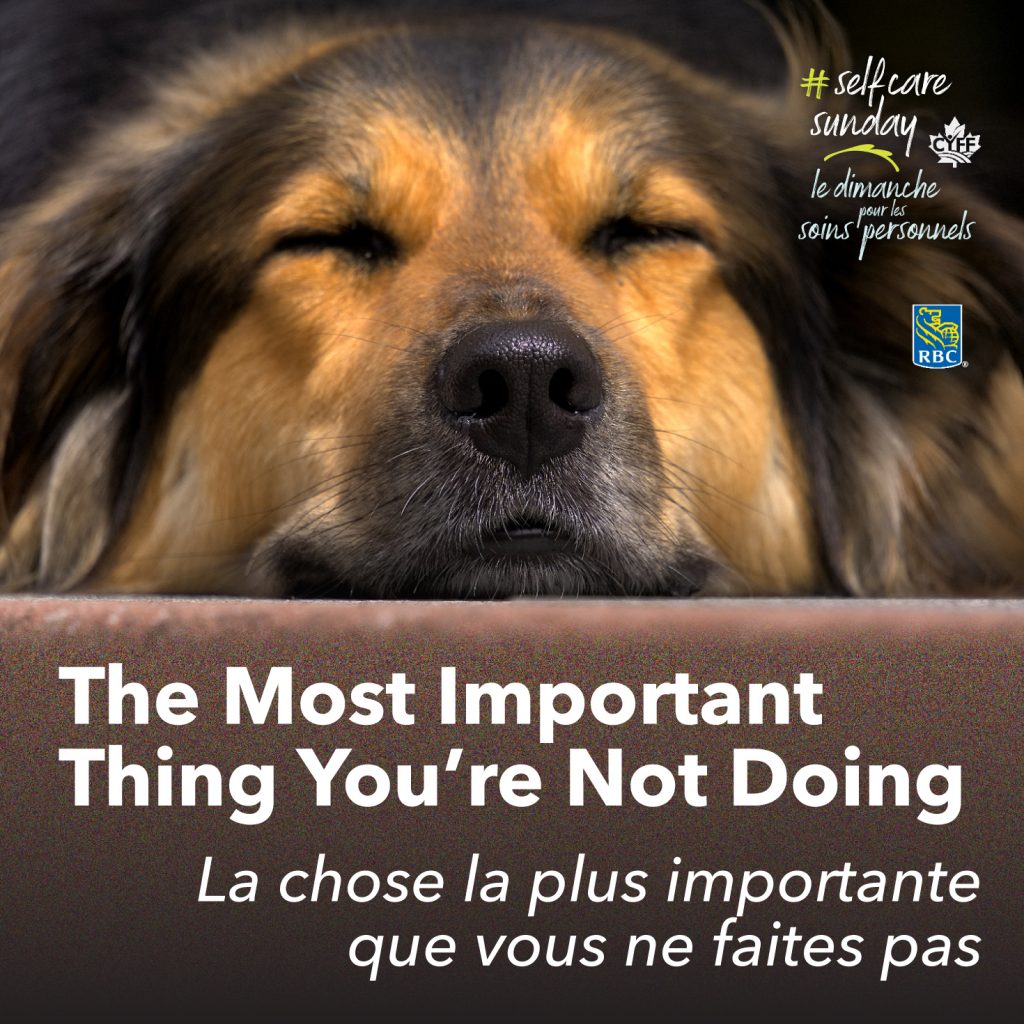
BY JESS CAMPBELL

DR. DAVID POSEN
Stress management
Lifestyle Counseling
Psychotherapy
Dr. David Posen was a family physician for 17 years before devoting his time exclusively to stress management, lifestyle counseling and psychotherapy in 1985. As both a keynote speaker and seminar presenter, David has spoken widely to education, government, business and professional groups across North America. David is the best-selling author of five books: ALWAYS CHANGE A LOSING GAME, STAYING AFLOAT WHEN THE WATER GETS ROUGH, THE LITTLE BOOK OF STRESS RELIEF, IS WORK KILLING YOU? and AUTHENTICITY. His magazine articles have appeared in Canadian Living and Readers Digest as well as several medical journals. David has appeared many times on TV and radio across Canada and has been quoted in many leading U.S. media outlets. Married with two adult children, David lives and works in Oakville, Ontario. In addition to his busy schedule of seeing patients, writing and public speaking, he is an avid reader, musician, baseball and tennis player.
The Most Important Thing You're Not Doing
It isn’t buying more acres or more livestock. It isn’t spending more time with your family. But it does involve a bed, preferably in a dark room.
It’s the one thing the vast majority of people need more of, but it’s the first thing they’ll give up when the Life List gets that much longer.
Sleep.
Do you have any idea how critical sleep is to your mental and physical health? To your basic cognitive function? To your ability to do basic things like pay attention to the position of that drill you’re using so it goes into the two by four you’re holding and not your hand?
That might seem like an exaggeration, but it isn’t. Sleep is critical to life, but people just don’t seem to believe it. Being sleep deprived these days is akin to earning a badge of honour from some exclusive club, even though that club’s membership is mostly made up of human beings trying to live their lives and, ironically, get more sleep.
Functioning through sleep deprivation is what a lot of us do. According to sleep deprivation facts, 31% of Canadians are sleep deprived.[1] So if you find yourself nodding off during the day – especially right after lunch – know that you’re not alone AND that you can definitely do something about it.
DO YOU ACTUALLY NEED MORE SLEEP?
Dr. David Posen is a stress expert who has been working with clients on their sleep for more than 30 years. Typically when he starts seeing a new patient for stress counselling, Dr. Posen always poses a simple question. “I ask if they’ve been getting enough sleep. This is because many symptoms of sleep deprivation are also symptoms of stress.”
These symptoms are pretty noticeable, if you know to look for them in the first place. Things like being physically tired, an inability to focus or concentrate on a task, decreased short-term memory, indecisiveness and generally being less efficient throughout your day are good indicators that you could use more sleep.
Other people might notice that you’re irritable or quicker to anger, that you seem to have a lower mood than usual, and/or that you’re more impatient than you normally are.
Did you know sleep deprivation can also affect your reflexes? Say you’ve been up for 24 hours straight (not unusual during planting or harvest, right?). Being awake for that long gives you the same level of driving impairment as someone who has twice the legal limit of alcohol in their system. It’s like you’re drunk behind the wheel of your vehicle without having touched a drop of alcohol.
As if that weren’t scary enough, sleep deprivation also affects your immune system and your body’s ability to fight off infection. “The reason why people get sick is the combination of the strength of the invading pathogens and the strength of the immune system,” says Dr. Posen. “Our immune system is most activated when we sleep; that’s when we produce t-lymphocytes that fight infection in our bodies. When you get sick, do you notice that you’re usually very tired? Why is that? It’s as if your body is saying to you, ‘If you could please get some more sleep, I will have more time to produce t-lymphocytes to fight this infection.’”
MANAGING YOUR (SLEEP) DEBT
There are many different opinions out there about how much sleep people actually need. Some say if you typically only sleep five solid hours a night, great. Others will tell you that’s too little, and you should be aiming for eight or nine. So, who’s right? “3% of the population has a gene to only need six hours of sleep a night,” says Dr. Posen. “The other 97% of us aren’t that lucky so we need more sleep.” We’re a sleep-deprived society, to the tune of 60-90 minutes a night. Most of us are not getting enough sleep. If you’re wondering what you can do about it, hold your horses; we’ll get there. For now, it’s important to understand sleep debt. “Sleep debt is the difference between the sleep you need and the sleep you get,” says Dr. Posen. “If you have a sleep debt of one hour on one night, you’ll likely be okay. The problem is, if that goes on for a week, you’ve now accumulated a sleep debt of seven hours, which is like losing a full night’s sleep once a week! Your body keeps track of that, and you will begin to feel symptoms and show signs of sleep deprivation.”
NAPS, EARLY TO BED & NO SCREENS – OH, MY!
While there are a myriad of ways to improve your sleep quality, there are just three ways to increase the quantity of sleep you’re getting: go to bed earlier, sleep in and/or take a nap during the day. “If you can’t adjust how late you sleep in the morning,” says Dr. Posen, “the only way to get more sleep is to go to bed earlier. Go to bed 15 or 30 minutes earlier than you usually do for two or three nights. Then move it up again by another 15 or 30 minutes. Keep doing this until you can wake up in the morning before your alarm (or without an alarm at all), feeling well rested and having good daytime energy.”
Those last three points are Dr. Posen’s three pillars of good sleep, and are worth repeating. To know you’re getting enough sleep, you are consistently:
- waking up without external prompting
- feeling well rested when you wake, and
- having and maintaining good energy throughout the day.
But what if you can’t fall asleep, or you’re still not feeling well-rested upon waking? There are several other things you need to consider, like caffeine intake, alcohol consumption and screen time. (No, it’s not just something we need to monitor in our kids.)
“You need both quality and quantity of sleep,” says Dr. Posen. “We go through periods of deep sleep and dream sleep all night long. The first two cycles of the night have the deepest levels. They’re called level 3-4 sleep, delta or slow wave sleep. That’s when you get most of the physical restoration of sleep and it happens within the first few hours of the night. After that, even though you cycle, you never get below level 2 sleep. When you have caffeine in your system, you may fall asleep and stay asleep all night long, and even cycle, but what you aren’t aware of is that you don’t get the deep level 3-4 sleep. So, you get the quantity of sleep but not the quality of sleep you need. Alcohol fragments BOTH deep sleep and dream sleep. Having alcohol in your system has an initial sedating effect; it can help you fall asleep, but you don’t get the same quality of cycles. Also, as the alcohol wears off in the night, you get a rebound stimulant effect. Sometimes it can wake you up, but sometimes it just reduces the efficiency of your sleep.”
Watching TV or sitting in front of your phone or tablet before bed can also affect your sleep. “Anything that shines light in your eyes is going to impair your ability to fall asleep. It tells the brain to stay awake and delays the release of melatonin, the sleep hormone.” says Dr. Posen. “It also impairs your REM cycles at night.”
You can start to repair your sleep deficit and get more sleep by, as stated, going to bed earlier. But if that’s not possible, having a short nap might be an option. “Naps are beneficial for catching up on your sleep, but with a caveat,” says Dr. Posen. “One short power nap is anywhere from five to 20 minutes, maybe half an hour. If you sleep much longer than that, your body goes into a deep sleep and you’ll wake up feeling really crummy and lethargic. If you’re going to sleep more than half an hour, you should probably sleep for an hour and a half so you can go through one complete sleep cycle, which is roughly 90 minutes.” The best time to nap? Right after lunch—when you’re suitably full and still several hours away from bedtime—or mid-late afternoon, but no later.
Everybody is busy; we all have a Life List that we’re constantly working to accomplish. But it would be easier to tackle that list if we were well-rested, don’t you think? Getting enough sleep seems straightforward, and yet not enough of us get the sleep we need, turning to stimulants and earning our ‘badge of honour’ as we push through that afternoon slump.
With a few simple tweaks to your daily routine, though, you could be improving your sleep quality and quantity—and therefore, your life quality—by leaps and bounds. “If you find yourself feeling tired,” says Dr. Posen, “instead of tanking up on coffee, maybe it’s a better idea to stop for 20 minutes and take a nap.”
So, go ahead and pull your hat down over your eyes. Your brain and your body will thank you.
[1] https://reviewlution.ca/resources/sleep-statistics-canada/
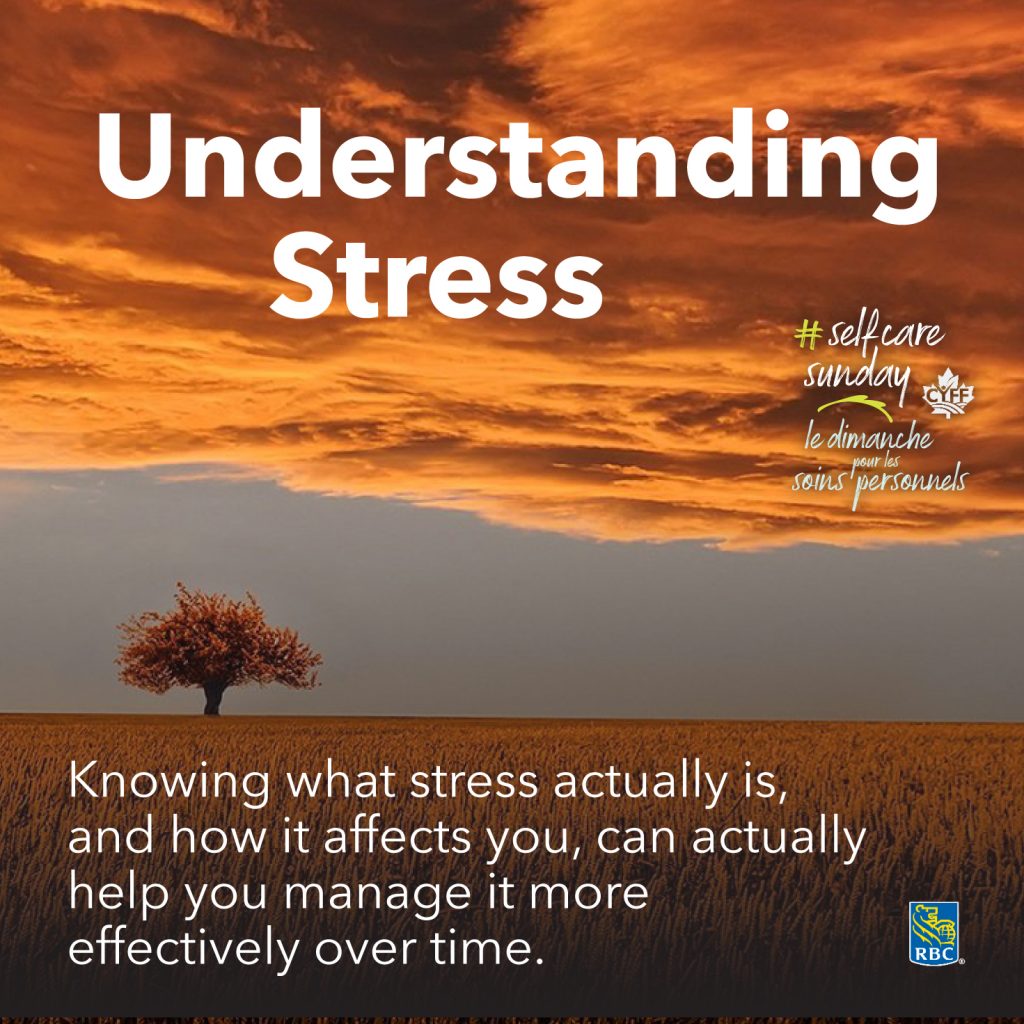
BY JESS CAMPBELL

DR. DAVID POSEN
Stress management
Lifestyle Counseling
Psychotherapy
Dr. David Posen was a family physician for 17 years before devoting his time exclusively to stress management, lifestyle counseling and psychotherapy in 1985. As both a keynote speaker and seminar presenter, David has spoken widely to education, government, business and professional groups across North America. David is the best-selling author of five books: ALWAYS CHANGE A LOSING GAME, STAYING AFLOAT WHEN THE WATER GETS ROUGH, THE LITTLE BOOK OF STRESS RELIEF, IS WORK KILLING YOU? and AUTHENTICITY. His magazine articles have appeared in Canadian Living and Readers Digest as well as several medical journals. David has appeared many times on TV and radio across Canada and has been quoted in many leading U.S. media outlets. Married with two adult children, David lives and works in Oakville, Ontario. In addition to his busy schedule of seeing patients, writing and public speaking, he is an avid reader, musician, baseball and tennis player.
Understanding Stress
Knowing what stress actually is, and how it affects you, can actually help you manage it more effectively over time.
Prepare yourself for an unpopular opinion: the stress in your life is here to stay.
Perhaps there are stressful things that will gradually fade over time. But all those gurus who claim they have the secret to a stress-free life are just blowing smoke.
This does not mean that you are destined for a life filled with agony, sweaty palms and a racing heart. On the contrary, if you can understand stress – what it is, how it affects the body and mind, and how to deal with it – you can learn to reduce it, and maybe even use it to your advantage.
WHAT IS STRESS, ANYWAY?
“There is no such thing as a stress-free life,” says Dr. David Posen, a stress expert who counsels people on how to manage and reduce stress in their lives. Dr. Posen has a few key points for people when they first decide to get a better handle on their stress.
“The first thing to know is that stress is in your body, not ‘out there’ in the form of deadlines, traffic problems, or an argument with someone. Those are triggers, but not stress itself. Hans Selye defined stress as “the non-specific response of the body to any demand made upon it” (e.g. a threat or challenge). Mediated by hormones like adrenaline and cortisol, it consists of a number of physiological changes commonly known as ‘the fight or flight response.’ Your heart rate speeds up, your blood pressure goes up, your breathing gets faster and more shallow, your muscles tense, your pupils dilate, your mouth goes dry, your senses are heightened, metabolism rate speeds up, your blood sugar goes up, the fats in your blood increase (including cholesterol), all to give you quick energy to fight or run away from danger. That’s the classic stress reaction and it goes all the way back to the caveman.”
Whether you recognize it or not, your brain and body are constantly on the lookout for things that may threaten your safety, another feature of being human that’s leftover from our less-than-evolved days on Earth. “(Stress) protects us from danger,” says Dr. Posen. “Our survival actually depends on it at times. If a car is coming at you on the road, it gives you immediate energy to jump out of harm’s way. If someone’s trapped under a fallen tree, it gives you extra (almost superhuman) strength to lift the tree off of them.”
But does stress serve a purpose other than turning us into superheroes? Absolutely. “Stress gives us the motivation, focus and energy to perform our tasks well,” says Dr. Posen. “It enhances our performance playing sports and to function well in our regular daily activities. You want to find that sweet spot where the stress is serving you well but not impairing your performance or making you uncomfortable with symptoms such as muscle tension, headaches, fatigue and so on.”
AIM FOR GOLDILOCKS
When it comes to managing stress in our day to day lives, you’ll want to take a cue from Goldilocks. “Like many things in life, there is an optimal amount of stress for good health, comfort and performance,” says Dr. Posen. “If there’s too little stress, we won’t be able to give our best and reach our full potential. If there’s too much stress, it will impair our performance. But the main reason we need to manage our stress levels is that chronic stress affects every aspect of our lives. Life is, by nature, challenging. There are times of illness, danger, setbacks, disappointments, loss, even conflict. In any case, there’s a kind of stress that allows our bodies to regulate involuntary things like body temperature, heart rate, metabolism, blood pressure, breathing, digestion, and a variety of physiological functions that we’re not even aware of. It’s like our body’s thermostat that keeps us in a state of homeostasis. Hans Selye called this Neustress, similar to the word ‘neutral.’ So, we couldn’t function without a certain amount of stress, much less perform well and enjoy life.”
STRESS MANAGEMENT 101
How you manage stress will be different from how other people handle it. But the first step for everyone, no matter what your stress level, is acknowledging that it exists and that you need to manage it in the first place. “Start to tune into your body, watching for signals that you’ve gone from ‘good stress’ to ‘distress,’” says Dr. Posen. “A drop in energy, loss of concentration, muscle aches, restlessness, low back pain, neck and shoulder tightness are all symptoms to pay attention to. The second step is to do something about it—preferably, take a break. If you’ve been physically active, a rest break would be helpful. If you’ve been doing office work, you might want to get outside for something physical, either on the farm or a run or bike ride.”
It’s far too easy to say you don’t have time to stop; there is a never ending list of things to do on the farm, right? When it comes to stress management, taking a break is actually much more important than you think. “Time outs have several benefits,” says Dr. Posen. “They help to reduce stress, rejuvenate energy and give you a chance to step back and reflect on what’s happening—maybe there’s a better way to do this or that, maybe I should ask so and so for some help, etc. Taking regular time-outs are helpful in any case, for the same reasons. But also, we sometimes get our best ideas when we step away and stop thinking about work. You might actually solve a problem when you’re out for a walk or strumming a guitar. Control what you can control. Step away and ask yourself ‘where is this stress coming from?’ Then the next step is to ask yourself, ‘What can I do about this?’ or ‘How else can I think about this?’ and try to reframe the situation. Other basic things to reduce stress include getting enough sleep (most of the symptoms of sleep deprivation are also symptoms of stress), cutting back on caffeine (which stimulates the release of adrenaline and cortisol, the two main stress hormones, and blocks a natural relaxant in the brain called adenosine). Learn how to do relaxation exercises like belly breathing, progressive muscle relaxation, meditation or yoga. These are all stress relievers but can also be very helpful in preventing too much stress in the first place.”
No, your stress isn’t going anywhere. But you can certainly learn to better manage it so that you can live your best life in the meantime.
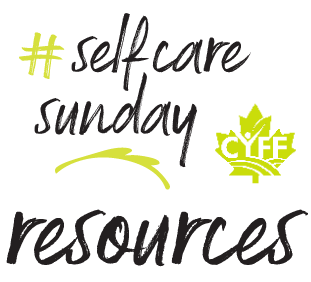
CANADA
BC
Youth in B.C. online chat
Greater Vancouver Area:
604-872-3311
Howe Sunshine & Sunshine Coast:
1-866-661-3311
AB
SK
MB
Manitoba Sexual Assault Crisis Line
1-888-292-7565
Manitoba Psychological Society – Find a Psychologist
204-488-7398
District and Crisis Ontario Helplines
416-486-2242
Connex Ontario
1-866-531-2600
Ontario Psychological Association – Find a Psychologist
416-961-5552
Canadian Mental Health Association – Ontario Division
1-800-875-6213
Ontario Victim Support Line
1-888-579-2888
Ontario 211
1-877-330-3213
Drug and Alcohol Helpline
1-800-565-8600
Toronto Distress Centre
416-408-4357
Toronto Rape Crisis Centre
416-597-8808
QC
NB
NS
PE
NL
YT
NU


